With the number of certifications out there for brands to show off their sustainability efforts, it’s exhausting. We get it. Not only is there a plethora of these persuasive little insignias but they all have different goals. And there isn’t one single certification that satisfies everything that ‘sustainability’ can stand for perfectly.
In this guide, we’ll identify – and keep updating – some of the most commonly used certifications. Greenwashing is trending right now, so we’ll sort through the bullsh*t for you and give you an objective view of some of the criticisms.
Here’s a quick overview of the sustainability certifications mentioned in this article, grouped up into a periodic table. But bear in mind this is an embryonic area and all sorts of new ones are emerging into the light and finding their way as time goes by.
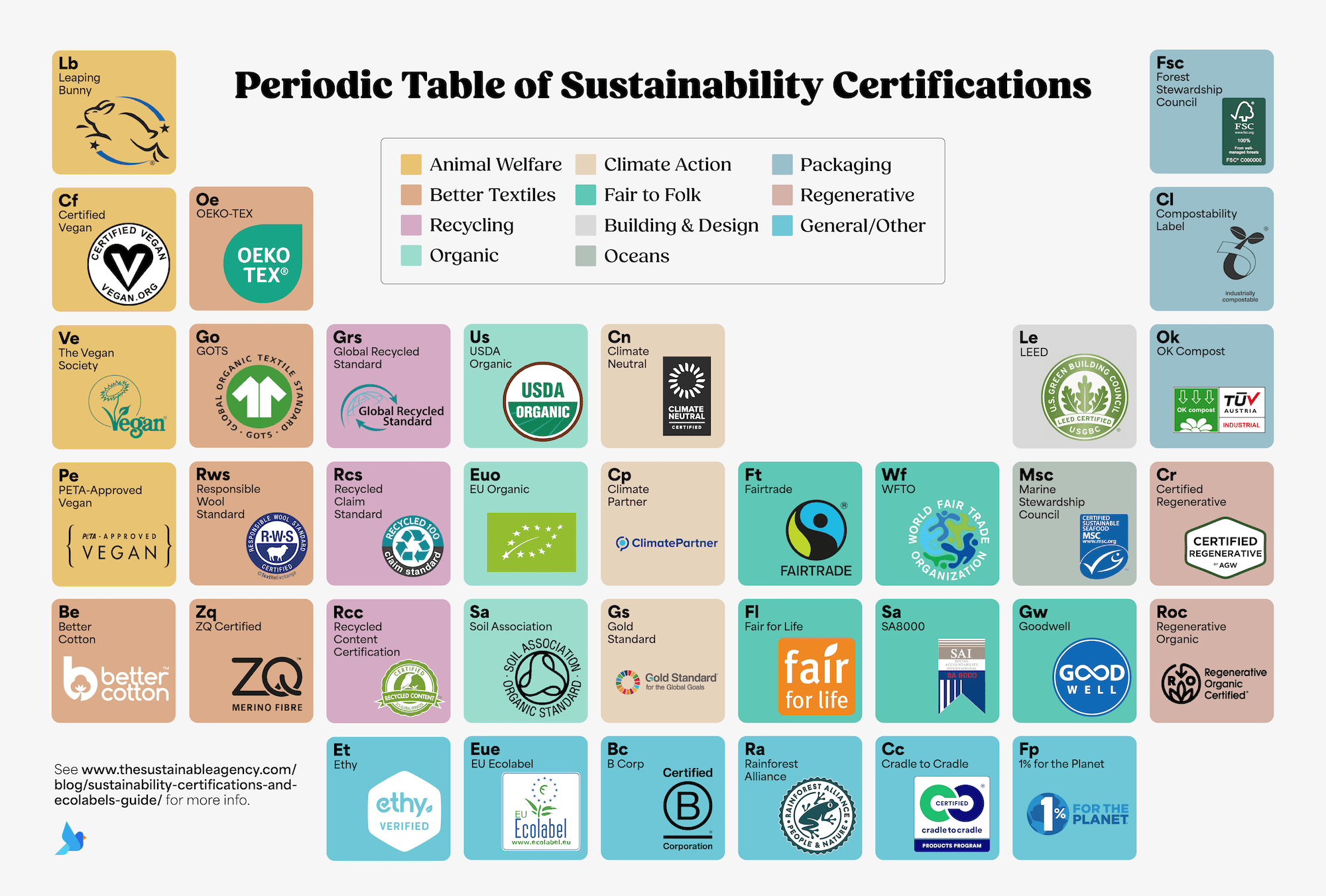
Note: not every single certification we’ve covered in the full blog post is included in the graphic – as we’d struggle to get everything into the table without making you squint to see everything.
OK, let’s get into it – and since it’s a fairly long list, feel free to skip to a certification or section of your choice using the links below.
Skip to:
Better Textiles
OEKO-TEX
GOTS
Responsible Wool Standard
ZQ Merino Wool Certification
Better Cotton Initiative (BCI)
Biodiversity
Wildlife Trust’s Biodiversity Benchmark
Animal Welfare
Leaping Bunny
Certified Vegan Logo
Vegan Trademark Logo
PETA
Upcycled
Upcycled Certified
Recycled
Global Recycled Standard (GRS)
Recycled Claim Standard (RCS)
Recycled Content Certification
Organic
USDA Organic
EU Organic Logo
Soil Association
Climate Action
The Climate Label
Climate Partner
Gold Standard
Agriculture
Certified Regenerative by AGW
Regenerative Organic Certified
Roundtable on Sustainable Palm Oil (RSPO)
PEFC
Fair to Folk
Fairtrade
Fair for Life
WFTO
SA8000
GoodWell
Oceans
Aquaculture Stewardship Council (MSC)
Marine Stewardship Council (MSC)
Packaging
Forest Stewardship Council (FSC)
Compostability Label by European Bioplastics
OK Compost
IT
TCO Certification
Building & Design
Leadership in Energy and Environment Design (LEED)
WELL
EDGE
Tourism
EarthCheck
Green Key
Green Globe
Travelife
General/Other
ISO 14001
EU Ecolabel
B Corporation
Rainforest Alliance
Cradle to Cradle Certified
1% for the Planet
ISCC
Ethy
Better Textiles
OEKO-TEX
- Accredited by: OEKO-TEX
- Used for: textiles and fabrics
- Examples of brands with certified products: Cozy Earth, Under the Canopy, Reformation
OEKO-TEX offers 6 different certifications: Made in Green, Standard 100, Leather Standard, SteP, Responsible Business, and Eco Passport. From the 6, their Standard 100 is the most popular, where they make sure that a product is entirely free from over 100 substances that are harmful to people and the environment. It ensures that end-products (every single part of it) are free from harmful chemicals. Others focus more on working conditions, such as Made in Green, but are said to be not as strict – e.g. child labor isn’t prohibited.
OEKO-TEX should not be confused with organic; it simply tests for consumer safety and doesn’t investigate into raw materials. Their criteria are reviewed every year, and they operate on global standards. They also regularly update their certifications and introduce new ones.
Global Organic Textile Standard (GOTS)
- Accredited by: GOTS and third-party GOTS-accredited certification bodies
- Used for: textiles
- Examples of brands with certified products: PACT, Organic Basics, Brook There
GOTS is the leading certification for organic textiles, a classic example being for cotton. It is one of the most relevant sustainability certifications in the fashion industry. To be GOTS-certified, a product has to prove to be at least 70% organic*, and the entire supply chain and manufacturing is monitored. There are strict controls on chemicals used, water and energy waste, as well as the treatment of workers.
It’s internationally recognized as one of the toughest organic textile standards to achieve. We’re big fans of this one and a few of our sustainable fashion clients swear by it!
*They have two label grades: ‘organic’ requires a minimum of 95% organic fibres and ‘made with organic materials’ requires at least 70% organic fibres.
Responsible Wool Standard (RWS)
- Accredited by: Textile Exchange
- Used for: wool products
- Examples of brands with certified products: Patagonia, H&M, REI, ASKET
RWS is a voluntary global standard created by Textile Exchange to progressively improve the welfare of sheep and the land they graze on, from farmer to final product. The standard recognizes better farm-level practices such as handling, nutrition, shearing, medical treatments, and sustainable grazing methods.
Mulesing of sheep is prohibited. However, RWS does allow painful practices such as castration and tail docking, which is when sheep have their tails cut or burnt off – with pain relief not mandatory. Further, the standard allows sheep to be sold to slaughterhouses and does not address off-farm slaughter or inhumane transportation.
ZQ Merino Wool Certified
- Accredited by: The New Zealand Merino Company (NZM)
- Used for: wool farms
- Examples of brands with certified products: Allbirds, Smartwool, Fjällräven
Note: NZM and Textile Exchange have worked together to create a combined audit process, so any farm with a ZQ certification will automatically receive RWS certification.
The ZQ certification is considered the “gold standard” for traceable wool. It is meant to ensure the welfare of animals and people in the production of merino wool, mainly in New Zealand. ZQ now also have a regenerative wool project called ZQRX.
Better Cotton Initiative (BCI)
- Accredited by: Better Cotton Initiative (BCI)
- Used for: brands (and not products)
- Examples of certified brands: H&M, ASOS, Urban Outfitters
Better Cotton is a non-profit organisation advocating for better practices within cotton communities. They aim to reduce the negative impacts of cotton growing and processing. But they have come under scrutiny, for a variety of reasons including using GMO, non-organic cotton, and forced labour in China. Many BCI members are global fast-fashion brands like H&M, who have had their sustainability claims questioned overall.
Biodiversity
Wildlife Trust’s Biodiversity Benchmark
- Used for: land-owning businesses
- Examples of brands with certified products: Toyota, The Met Office, Heathrow Airport
Biodiversity Benchmark was designed to complement ISO14001 and is allegedly the only standard that certifies the management of a business site for wildlife. It provides a framework within which an organization can ensure its impact is as positive as it can be by providing robust, independent verification of land management practices. Certified sites can enhance biodiversity in several ways: restoring (proactive management of existing wildlife-rich sites and sites of conservation importance), recreation (establishment of wildlife habitat on land previously used for other purposes), and reconnection (sites that contribute towards a network of habitats).
Animal Welfare
Leaping Bunny
(Leaping Bunny Program in the US and Canada and Cruelty Free International globally)
- Accredited by: Coalition for Consumer Information on Cosmetics (CCIC)
- Used for: cosmetics, personal care, household products
- Examples of brands with certified products: Dr. Bronners, E.l.f., JASON
This nicely named certification ensures that a company does not take part in animal testing for their final product, as well as every single ingredient in that product. The company also has to implement a supplier monitoring system and has to recommit to the standards annually.
Note: Brands certified cruelty-free by Leaping Bunny can be owned by a parent company that does test on animals. Brands can also still contain animal products, so this certification does not certify that a product is vegan. For vegan certifications, see the next three.
Certified Vegan (Vegan Action)
- Accredited by: Vegan Action
- Used for: all kinds of products such as food, drinks, cosmetics, clothes, bags, shoes, household products
- Examples of brands with certified products: Oatly, Vita Coco, Hellman’s, Magnum
USA-based products can be certified vegan by Vegan Action to ensure that there is not a single ingredient or component that was derived from animals, including GMOs that include animal-derived substances. For example, sweeteners can’t be processed by bone char, and alcohol products can’t have been filtered or clarified with animal products.
Companies must even prove – if shared machinery is used with non-vegan products – that machinery and surfaces were thoroughly sanitised and cleaned in between. This certification also means the product involved no animal testing.
The Vegan Trademark (The Vegan Society)
- Accredited by: The Vegan Society
- Used for: all kinds of products such as food, drinks, cosmetics, clothes, bags, shoes, household products
- Examples of brands with certified products: Alpro, Violife, Wagamama, Burger King, LUSH
The Vegan Society trademark logo is used worldwide, and with similar strictness to Vegan Action’s certification. It guarantees products are free of animal use, animal testing, animal-derived ingredients, and GMOs that have animal-derived substances or production processes. Restaurant dishes using this label should be prepared separately from non-vegan dishes. So no grilling of vegan patties right next to massive meat ones like Burger King did 🤦🏽♀️.
PETA-Approved Vegan
- Accredited by: The PETA Foundation
- Used for: clothes, bags, shoes, accessories, textiles, and home decor
- Examples of brands with certified products: NAE Vegan Shoes, DiMare Design, Woodpecker Coats, MoEa sneakers
The vegan certification by PETA (People for Ethical Treatment of Animals) ensures that a product does not contain any animal-related materials. It can be used for products, even if other products as part of that collection are not vegan; it can be used for fully vegan collections from a brand, and it can be used to certify an entire brand. It’s not to be confused with PETA’s cruelty-free certification.
Despite this vegan certification being used by over 1,000 brands, PETA has a controversial reputation. In particular, for its shocking ads, which have even been banned in some countries. As always, it’s good to be informed of the good and the bad.
Upcycled
Upcycled Certified
- Accredited by: Upcycled Food Association (UFA)
- Used for: food products
- Examples of certified brands: Hippeas, Hello! I’m Ugly, ReGrained, Noka
Currently, Upcycled Certified is the only third-party certification for upcycled foods globally. Upcycled foods are defined by UFA as “foods that use ingredients that otherwise would not have gone to human consumption, are procured and produced using verifiable supply chains, and have a positive impact on the environment”. Looking for this certification is a great way to support brands that are using food waste to create their products.
Recycled
Global Recycled Standard (GRS)
- Accredited by: Textile Exchange
- Used for: textiles and other products
- Examples of brands with certified products: Tala, Nudie Jeans, Kuyichi
The Global Recycled Standard verifies, through third-party certification bodies, that a product contains at least 20% recycled materials. Note that this percentage only applies to B2B products; for consumer-facing labels, products must contain a minimum of 50% recycled content.
GRS also addresses supply chains, environmental and social practices, and chemical contents. Their objective is to make sure claims are accurate and working conditions are good, while also limiting the use of toxic materials.
Recycled Claim Standard (RCS)
- Accredited by: Textile Exchange
- Used for: textiles and other products
- Examples of brands with certified products: OrthoLite, VELCRO, Genan
Like the Global Recycled Standard, the Recycled Claim Standard is also run by Textile Exchange. Both standards are the same, except GRS is a more rigorous standard. RCS is intended for use with any product that contains at least 5% recycled materials and does not address social or environmental aspects of processing.
You may have noticed RCS has two types of logos: one that states “Recycled 100 Claim Standard” as shown above, and one that states “Recycled Blended Claim Standard”. Although Textile Exchange lacks clarity on this, many resources state that RCS 100 ensures a product contains 95-100% recycled content and RCS Blended contains a minimum of 5% recycled content.
Recycled Content Certification
- Accredited by: SCS Global Services
- Used for: all kinds of products
- Examples of brands with certified products: Shredded Tire Inc., Revolution Bag, Numatic, GreenMantra
The SCS Recycled Content Certification evaluates products made from pre-consumer or post-consumer material diverted from the waste stream and verifies the percentage of recycled materials in a product. Manufacturers obtain a numbered certificate with specified recycled material levels and a certification mark for use on products and marketing.
Organic
USDA Organic
- Accredited by: USDA (United States Department of Agriculture)
- Used for: food, cosmetics, skincare, textiles
- Examples of brands with certified products: Dole, 365 by Whole Foods Market, Kirkland Signature
Despite having lost a bit of trust, the USDA Organic label still stands out due to upholding its commendable requirements, as well as extra efforts to step up and prevent organic fraud.
USDA Organic certifies U.S. products only and demands that no synthetic pesticides, herbicides, fertilisers, or GMOs (following a list of acceptable and prohibited substances) are present under every facet of the farm and business. USDA certifies organic textiles too, but only the raw, agricultural fibre – not the finished, processed textile. Third-party certifiers carry out a yearly review and audit.
That all said, the U.S. organic market has grown so big that some say the current system is not up to scratch and that it needs an overhaul. Some growing concerns are third-party certifiers not upholding all of the required standards and non-organic food being imported to the U.S. as ‘organic’.
Note: USDA Organic certification does not ensure animal welfare or environmentally sustainable production.
EU Organic Logo
- Accredited by: European Commission
- Used for: agricultural raw materials and food products
- Examples of brands with certified products: Whole Earth, Ecocesta, Natruly
Contrary to all the other certifications mentioned in this post, the EU Organic logo is mandatory for pre-packaged food products produced and sold as organic in the EU. The logo is optional otherwise, such as for imported organic products. There are strict requirements for the use of this logo, for example no GMOs, transformation of waste into resources, animal welfare standards, and at least 95% of ingredients must be organic. Logos must be accompanied by the coded number of the control body that authorized certification.
Soil Association
- Accredited by: International Organization for Standardization (ISO)
- Used for: food, cosmetics, textiles
- Examples of certified brands: Salt of the Earth, Komodo, UpCircle
In the UK, Soil Association certifies over 70% of organic food and drinks, making it the country’s leading organic certification body. That doesn’t just refer to Soil Association certified organic – they also certify to other standards, including GOTS, COSMOS, and FSC.
Verified by third-party auditors and holding the international standard ISO17065 accreditation, Soil Association promises to operate in a ‘consistent and reliable’ manner. Soil Association’s certified products are legally required to meet EU Organic’s regulations, plus their own higher standards. You can find their logo on certified products for easy identification.
Climate Action
Climate neutrality works best in combination with efforts to keep emissions low in first place. Here are a few key certifications in the area:
The Climate Label
- Accredited by: The Change Climate Project (TCCP)
- Used for: brands (and not products), and some non-brand entities
- Examples of certified brands (Climate Neutral Certified): Klean Kanteen, Pela, Wolven
Note: Starting 2025, The Climate Label will replace the Climate Neutral Certified label, so we’ve precedently made the change in this article. Further, the organization ‘Climate Neutral’ has also changed to ‘The Change Climate Project’ (TCCP). The Change Climate Project is a nonprofit working to eliminate carbon emissions and certifies companies according to The Climate Label 2025 Standard. The Climate Label certification will now be moving beyond neutrality. The new approach will involve an internal carbon fee, and the certification will be based on an examination of active corporate funding of carbon-reducing projects.
Climate Partner
- Accredited by: Climate Partner / TÜV Austria
- Used for: brands, packaging, and products (e.g. print products, hotel stays, food and beverage)
- Examples of certified brands: Canon, Lavera, LEON, Akepa
After assessing a company’s current emissions, Climate Partner offers five solutions: a corporate carbon footprint for companies, a product carbon footprint for a product or service, a carbon emission reduction strategy, carbon offsetting to achieve climate neutrality, and communicating these commitments.
Akepa uses Climate Partner to understand and offset carbon emissions but we also try to keep those very low in the first place through strategies like our 100% remote working model.
Gold Standard
- Accredited by: UN Framework Convention on Climate Change (UNFCCC)
- Used for: projects
- Examples of certified projects: Improved cookstoves for Ugandan families, sustainable afforestation in Togo, clean water access in India
Established by the World Wildlife Fund and other NGOs, the Gold Standard is not for brands or products, but rather for projects to quantify, certify, and maximise their impact. It is a carbon offset program that is focused on progressing the United Nations’ Sustainable Development Goals (SDGs), and they must follow the Gold Standard for the Global Goals’ requirements. They are rigorously screened for true environmental impact through UN-accredited independent auditors, and they require the involvement of local stakeholders and NGOs.
Agriculture
Certified Regenerative by AGW
- Accredited by: A Greener World (AGW)
- Used for: plant- and animal-based food, textiles, personal care products
- Examples of certified brands: Zack’s Mighty, a2 Milk, Park Farming Organics
Certified Regenerative by AGW covers all aspects of regenerative agriculture such as soil quality, healthier and more biodiverse ecosystems, and cleaner air and water – plus, better treatment of workers and animals. This standard takes a 360-degree view of the whole farm. While organic is not required, Certified Regenerative incorporates their Certified Animal Welfare Approved standards.
Regenerative Organic Certified (ROC)
- Accredited by: Regenerative Organic Alliance (ROA)
- Used for: food, textiles, personal care products
- Examples of certified brands: Dr. Bronner’s, Outerknown, Whole Foods Market, Lotus Foods
This standard is about shifting the global food system into one that respects land and animals, empowers people, and restores communities and ecosystems. Regenerative Organic Certified uses the USDA organic certification as a baseline but fills in the gaps by incorporating the three pillars of regenerative organic agriculture: soil health, animal welfare, and farmworker fairness.
With the goal of preventing the greenwashing of the word ‘regenerative’, the ROC combined ‘regenerative’ with ‘organic’ as the ROA believe they should always go together. Fair point.
Roundtable on Sustainable Palm Oil (RSPO)
- Accredited by: Assurance Services International (ASI)
- Used for: areas and companies involved in palm oil production
- Examples of brands with certified products: Danone, PepsiCo, Unilever, Nestlé
Palm oil is in half of supermarket products. Yet, when grown unsustainably, it’s a major driver of deforestation of some of the world’s most biodiverse forests. The Roundtable on Sustainable Palm Oil (RSPO) is focused on bringing together stakeholders from across the palm oil supply chain – such as palm oil producers or traders, retailers, banks, and NGOs – to make ‘sustainable’ palm oil. That is, according to RSPO, “palm oil that has been farmed, processed, distributed, and sold responsibly with strict rules that protect animals, the environment, and people who live and work in palm oil producing countries.”
As we’ve been objective with all the certifications mentioned, we must note that RSPO has been under considerable scrutiny. The RSPO label has been rejected for years by many environmental, social, and human rights organizations around the world for being fraudulent and greenwashing. Various reports and case studies show that RSPO-certified plantations have been involved in forced labor and land conflict with local communities and that RSPO does not truly enable sustainable palm oil, instead allowing deforestation.
PEFC
- Used for: sustainable forest management
- Examples of brands with certified products: HEMA, The Green Factory, Pepe Garden Furniture
PEFC, the Programme for the Endorsement of Forest Certification, is a global alliance of national forest certification systems, NGOs, associations, companies, and individuals that promotes sustainable forest management through independent third-party certification. Anyone in the forest and wood industry, such as a forest owner or a company within the forest supply chain, can obtain the PEFC label. PEFC certification follows two processes: sustainable forest management, which has three domains – environmental, economic, and social, and chain of custody, which tracks forest-based products from sustainable sources to the final product. Products can only carry a PEFC label if they contain a minimum of 70% PEFC-certified material.
Fair to Folk
Fairtrade
- Accredited by: FLOCERT
- Used for: mainly food & beverages
- Examples of brands with certified products: Ben & Jerry’s, Clipper Tea, Nespresso
The Fairtrade certification is among the most well-known and ubiquitous. Their goal is to empower workers and farmers, and promote fair pay. They check compliance of standards through audits by independent certifiers, including that producers are paid their premiums.
You’ve likely seen this little insignia on something or the other but it’s come under some scrutiny. You can read more in depth about some of the complaints here and here. At the same time though, there are also plenty of people defending the certification. And it remains very popular.
Fair for Life
- Accredited by: Ecocert
- Used for: agricultural goods, cosmetics, textiles, detergents
- Examples of brands with certified products: Dr. Bronners, Trabocca, Lotus Foods, Pukka Tea
Fair for Life’s main focus apart from fair pricing is a responsible, fair, and respectful supply chain to all affected. To qualify for using the third-party certified Fair for Life label on your food product, it must contain at least 80% of certified ingredients (for some other categories, 70%). The 6-step process includes initial evaluation, commitment to corrective measures of non-conformities, and continuous monitoring based on a 3-year cycle. Fair for Life rigorously assesses and accredits every step of a product’s life.
WFTO (World Fair Trade Organization)
- Accredited by: World Fair Trade Organisation
- Used for: enterprises (rather than products)
- Examples of certified brands: People Tree, Mayamiko, Seepje, Global Mamas
WFTO is a global association that certifies enterprises, and therefore makes sure that the entire supply chain and processes of a company are ethical, as opposed to specific products. Through audits and peer visits, brands must prove that they prioritise social and economic justice before anything else. Once a certified member, brands can then use the guaranteed fair trade label on any and all of their products.
SA8000
- Accredited by: Social Accountability Accreditation Services (SAAS)
- Used for: brands from any industry
- Examples of certified brands: Girlfriend Collective, ECOALF, POMP
SA8000 is a certification for ethical labour practices created by Social Accountability International (SAI). However it is Social Accountability Accreditation Services (SAAS), a separate entity, that accredits independent third-party certification bodies to hand out certifications. Brands of all types, from any industry, and in any country that do business in a way that is fair for workers can be certified.
Based on internationally recognized standards of decent work, the nine elements of its framework judge performance on issues such as child labour, forced labour, health and safety, discrimination, and working hours. However, there are shortcomings associated with SA8000, the biggest one being that almost 300 garment factory workers lost their lives in a factory fire. The factory had just recently been certified by SA8000.
GoodWell
- Accredited by: GoodWell
- Used for: any type of company
- Examples of certified brands: 1% for the Planet, Flynner Homes, Drake Cooper
GoodWell is a means of receiving and evaluating employee feedback to boost employee happiness and work culture. The approach covers every aspect of a company’s supply chain, environmental sustainability, employee compensation and safety, and more. Companies receive a score ranging from -100 to +100, and the GoodWell Certified Badge is only awarded to those with scores above 0.
Oceans
Aquaculture Stewardship Council (MSC)
- Accredited by: Assurance Services International (ASI)
- Used for: fisheries
- Examples of brands with certified products: Albert Heijn, Carrefour, Fjoru, Safe Catch
Aquaculture Stewardship Council (ASC), established partly by the World Wildlife Fund for Nature (WWF), focuses on aquaculture practices involved in fish farming. It aims to support local communities and minimize the impacts of fishing on the environment. Their standards include water quality, responsible sourcing of feed, disease prevention, animal welfare, and the fair treatment of workers.
But when it comes to farming fish in the most sustainable manner, each part of the production cycle must be cared for. Unfortunately, ASC has faced criticism for not having stringent enough standards and allowing some unsustainable practices to be certified.
Marine Stewardship Council (MSC)
- Accredited by: Assurance Services International (ASI)
- Used for: fisheries
- Examples of brands with certified products: Walmart, Bumble Bee, Lidl
The Marine Stewardship Council (MSC) is a counterpart to ASC, but assesses wild capture fisheries to see if they are well-managed and sustainable. They’re assessed by accredited independent certifiers under 3 core principles: sustainable fish stocks, minimizing environmental impact, and effective fisheries management.
MSC has received some backlash, though – a quick Google search will yield many different sources stating their reasons why. For starters, fisheries that have not yet achieved the sustainability standards can still get certified. MSC also certifies bottom trawling, which is an unsustainable practice that promotes overfishing, as it crudely drags a net along the seafloor – indiscriminately capturing everything fishy that was unlucky enough to be in wrong place at the wrong time.
Packaging
Forest Stewardship Council (FSC)
- Accredited by: Assurance Services International (ASI)
- Used for: any wood, paper, and/or wood-based materials
- Examples of brands with certified products: L’Oreal, Nestlé, McDonalds
A logo you’ve probably seen somewhere, it’s often the go-to when looking for furniture and/or wood-based products. The Forest Stewardship Council aims to set the world-leading forest management standards, for example prohibiting deforestation, protecting ecological values and endangered species, and restricting the use of hazardous pesticides. There are certified assessment bodies to carry out audits for companies. It’s a respected certification but the credibility of the FSC has come under some criticism for somehow failing to protect forests, for reasons including illegally harvested wood and little to no effect on tropical deforestation.
Compostability Label by European Bioplastics
- Accredited by: TÜV Austria and DIN CERTCO
- Used for: packaging of products
- Examples of brands with certified products: GoZero, Scrummi, If You Care
Biodegradable refers to material that breaks down naturally with microorganisms in the presence of oxygen and light. Compostable refers to material that breaks down under a human-driven, compost environment, the end result being soil. Items can be compostable either in a home compost, industrial compost, or both. Everything that’s compostable is also biodegradable, but not everything that’s biodegradable is compostable. And neither of the two will be able to break down in landfill.
This compostability label by European Bioplastics refers to being industrially compostable according to the European standard EN13432. This logo tells buyers that the packaging of a product will break down, as long as it was disposed of correctly in order to be composted industrially.
According to EN13432, certified compostable items are checked and verified to fully biodegrade into water, biomass, and CO2 under controlled conditions such as temperature, moisture, and time frame, leaving behind no harmful substances.
OK Compost
- Accredited by: TÜV Austria
- Used for: packaging of products
- Examples of brands with certified products: Earth Starch, Les Petits Basics, Walki Plasbel
OK Compost has 2 labels: OK Compost Industrial and OK Compost Home. As the names imply, OK Compost Industrial means a product’s packaging is compostable under industrial settings. It follows the European standard EN13432, just like the European Bioplastics label above.
OK Compost Home guarantees complete biodegradability even in a garden compost, which typically has a lower temperature and a more difficult, slower breakdown process. OK Compost Home is not based on a standard but it does serve as the basis for several standards!
IT
TCO Certified

- Accredited by: TCO Development / TCO (Swedish Confederation of Professional Employees)
- Used for: IT products (tablets, smartphones, headsets, data storage products, and more)
- Examples of brands with certified products: Fairphone, Lenovo, Acer, Microsoft
With e-waste being the fastest-growing waste stream in the world, electronic products should follow some standards and regulations. TCO Certification is managed by TCO Development, a non-profit organization based in Sweden that was established in 1992. The certification demands that a product meet all criteria for its category to get certified. Criteria areas include socially and environmentally responsible manufacturing (including conflict minerals), product lifetime extension, material recovery, ease of recycling, and more.
When it comes to electronic devices, it can feel difficult or even impossible to find greener solutions. In many areas like organic and fair trade, there’s an abundance of certifications and uncertainty on which to trust. But in IT products, looking for the TCO Certification is a good start and one we can all agree on.
Building & Design
Leadership in Energy and Environment Design (LEED)
- Accredited by: The Green Building Certification Institute (GBCI)
- Used for: buildings, communities, cities
- Examples of certified projects: Olympic House, Switzerland; The Empire State Building, NYC; TAIPEI 101, Taiwan
Run by the U.S. Green Building Council (USGBC), LEED is a rating system that evaluates the environmental performance of a building, and a certification that provides a holistic framework for efficient, cost-saving green buildings. There are 4 levels of the LEED certification: platinum, gold, silver, and certified. Each level corresponds to points earned based on how a project addresses carbon, energy, water, waste, transportation, materials, health, and indoor environment quality.
WELL
- Accredited by: IWBI & Green Business Certification Inc. (GBCI)
- Used for: buildings
- Examples of certified buildings: ASID Headquarters, USA; Studio 111, USA; Three Garden Road, Hong Kong
International WELL Building Institute (IWBI)’s WELL Certification helps organizations demonstrate their commitment to holistic well-being and human health by earning the highest pinnacle of health achievement for their buildings. It’s a healthy building certification program that can: make the air better to breathe, ensure the water is safe to drink, mitigate burnout, boost sleep and cognitive well-being, foster a culture of health, encourage daily movement, and more. Each WELL Certified space has undergone a comprehensive third-party review.
EDGE
- Accredited by: Sintali and Green Business Certification Inc. (GBCI)
- Used for: buildings
- Examples of certified buildings: Access Bank, Nigeria; Clark International Airport, Philippines; Fairfield by Marriott, India
EDGE (Excellence in Design for Greater Efficiencies) Certification is a globally recognized independent third-party certification system for building owners and developers, developed by the International Finance Corporation (IFC) institution. The certification is based on three scopes: energy, water, and embodied carbon of materials. There are three choices for certification: Level 1, with 20% or more savings in energy, water, and embodied energy in materials, Level 2, with 40% or more on-site energy savings, and Level 3, with 100% renewables on-site or off-site, or purchased carbon offsets to top off at 100%.
Tourism
EarthCheck
- Used for: sustainable destinations and tourism organizations
- Examples of certified destinations: Belmond, Glasgow City Council, Four Seasons, Queensland Tourism Industry Council
EarthCheck is a certification program for hotels and resorts, airports, governments, developers and building designers, tourism businesses, events, and more. It provides a framework for understanding what being a sustainable, regenerative business means, covering aspects such as energy, water and paper consumption, carbon emissions, waste management systems, chemicals, and community and employee impact. The science-backed and people-focused certification is recognized by the Global Sustainable Tourism Council (GSTC) and aligns with a number of international standards including ISO14001.
Green Key
- Used for: hospitality industry
- Examples of certified establishments: Marriott, Camping Bellevue, Delta Hotels, First Camp
Operated by the Foundation for Environmental Education, the Green Key certificate is eligible for hotels, hostels, small accommodations, campsites, holiday parks, conference centers, restaurants, and attractions that are willing to maintain high environmental standards through rigorous documentation, frequent audits, and third-party verification. The Green Key criteria areas include: staff involvement, environmental management, guest information, water, energy, washing & cleaning, food & beverage, waste, administration, indoor environment, green areas, green activities, and corporate social responsibility.
Green Globe
- Used for: attractions, cruise ships, hotels & resorts, restaurants, spas, and other tourism businesses
- Examples of certified businesses: Club Med, Hyatt, Mövenpick
Green Globe is an international standard for sustainable tourism, certifying businesses from a wide range of travel-related sectors. The Green Globe Certification Standard includes 44 criteria from the following 4 groups: sustainable management, social/economic, cultural heritage, and environmental. The standard has been developed for over three decades and is based on a range of international standards such as Global Sustainable Tourism Criteria and a few ISO standards. There are 3 different certification levels: Certified Member (working towards certification with 50% of criteria met), Gold Member (certified members of 5 consecutive years), and Platinum Member (certified members of 10 consecutive years).
Overall, this certification has a good reputation but in 2000, the Worldwide Fund for Nature heavily criticized the standard (when it was still called Green Globe 21) for being misleading and lacking credibility, in an independent analysis of tourism certifications. However, as this was over 20 years ago, the findings may not be valid anymore.
Travelife
- Used for: tour operators, travel agents, and hotels and accommodations
- Examples of certified properties: Atlantica Sancta Napa Hotel (Costa Rica), Boardwalk Boutique Hotel (Aruba), Lindos Sun Hotel (Greece)
Travelife is a global sustainable tourism certification. Tour operators and travel agents can become Travelife Certified, which is the highest level of certification they can achieve with this standard, after achieving the first stage of Travelife Engaged and the second stage of Travelife Partner. On the other hand, hotels and accommodations can achieve Travelife Gold Certification.
The Travelife standard for tour operators and travel agencies follows a standard based on leading international sustainability standards and guidelines such as EMAS III, ISO 14001, UNEP, GRI, and more. The standard follows various themes such as energy efficiency, water management, GHG emissions, human rights, ecosystem conservation, cultural impacts, animal welfare, and more.
At certified Travelife accommodations, certain criteria need to be checked such as systems of reducing energy and water consumption, staff being paid at least minimum wage, local community support, and no selling or offering anything that affects endangered species or is from the wild.
General/Other
ISO 14001

- Accredited by: International Accreditation Forum (IAF)
- Used for: any kind of organization
- Examples of certified companies: Hilton, Ford, IBM, Unilever, Siemens
The International Organization for Standardization (ISO) has a variety of internationally recognized standards, and one of the most popular standards is the ISO 14001 which is part of the ISO 14000 family for environmental management. ISO 14001 sets criteria for an environmental management system (EMS). It’s a broad standard that can certify any kind of business, providing a framework to implement sustainable practices like reducing resource consumption, reducing waste, polluting less, and ultimately a minimized environmental footprint.
EU Ecolabel
- Accredited by: European Commission and Member States
- Used for: all kinds of goods and services
- Examples of brands with certified products: Souldrops, Dear Denier, Hay, Amalurra EcoHotel & Retreat Center
The EU Ecolabel was launched by the European Commission for products and services that meet high environmental standards, relative to other products in the market. It promotes Europe’s transition to a circular economy, evaluating product life cycles: from raw material extraction, to production, todistribution, to disposal. This way, buyers are empowered to make better purchasing decisions. Brands are required to comply with stringent criteria that are certified by third-party independent bodies (Competent Bodies).
B Corporation
- Accredited by: B Lab
- Used for: brands (and not products)
- Examples of certified brands: Ethique, Patagonia, Proper
By now one of the most well-known certifications in the sustainable realm, B Corp allows businesses to officially commit to achieving the highest standards of social and environmental performance to balance purpose and profit. Businesses are assessed by non-profit B Lab, and must undergo an assessment to which they’ll receive a score out of 200.
It’s one of the most popular sustainability certifications out there and more and more businesses are signing up. You’ve likely heard of it or are maybe even thinking of applying and fairly so. However, despite all the good stuff, B Corp is not immune to criticism and here, we’ve made a summary of the complaints in a more detailed post about the certification.
Rainforest Alliance
- Accredited by: Rainforest Alliance
- Used for: agricultural products, paper/cardboard packaging, and tourism businesses
- Examples of brands with certified products: Chiquita, Follow Your Heart, American Airlines
The Rainforest Alliance label on a product means that 90% of the product’s ingredients were sourced from farms or forest operations that protect farmers, forests, wildlife, and local communities. If they have between 30-90% certified content, then the seal must disclose the percentage of certified content. Their standards focus on: forests, climate, human rights, and livelihood. Their forestry products are based on FSC standards (see later), which Rainforest Alliance is a founding member of.
It’s widely used, and anything aiming to protect rainforests is to be praised. But there is some controversy around Rainforest Alliance, such as it not being fair trade and its use of pesticides.
Cradle to Cradle Certified
- Accredited by: The Cradle to Cradle Products Innovation Institute
- Used for: physical, non-edible products such as apparel, building supplies, packaging, furniture
- Examples of brands with certified products: Wellicious, Beauty Kitchen, Reynaers Aluminium, Maybelline
The Cradle to Cradle certification applies to physical products only but delves deeply into how the company conducts business, beyond the product you see and buy. It uses third-party verification and assesses the safety, circularity, and responsibility of products across five categories: material health, product circularity, clean air & climate protection, water & soil stewardship, and social fairness. Products receive an achievement level (basic, bronze, silver, gold, or platinum) in each of the 5 categories, with the lowest achievement level representing the product’s overall mark.
The program and standard were inspired by the famous book Cradle to Cradle: Remaking the Way We Make Things by William McDonough and Michael Braungart. So far, it seems to be globally recognized as credible – and a benchmark for a circular approach to business.
1% for the Planet
- Issued by: 1% for the Planet
- Used for: brands (and not products)
- Examples of certified brands: 4ocean, AllTrails, Kelpy, Bee’s Wrap
1% for the Planet was started in 2002 by the founder of Patagonia, Yvon Chouinard, and the founder of Blue Ribbon Flies, Craig Mathews. While a membership with 1% for the Planet won’t tell you anything about how a company conducts its business – sustainable, ethical, or not – it guarantees that the company is donating 1% of its annual sales to at least one of over 6,000 environmental causes, all of which are centered on either climate, food, land, pollution, water, and/or wildlife. The logo can be placed on member brands’ products or websites.
ISCC
- Used for: food, packaging, chemical, pharmaceutical, plastics, fuel, and aviation industries
- Examples of certified companies: Nurel, Continental Tire Plant, Kuraray
The International Sustainability and Carbon Certification (ISCC) is a sustainability certification system for all feedstocks including agricultural and forestry biomass, bio-based, and circular materials and renewables. The standard supports sustainable, fully traceable, deforestation-free, and climate-friendly supply chains. Depending on the market a sustainable material is being supplied to, a certification scheme must be chosen: the ISCC EU (for biofuels), ISCC PLUS (for biogenic and circular products), and ISCC CORSIA (for sustainable aviation fuel) are the most harmonized. ISCC offers three different logos: one for circular materials, one for bio-circular materials, and one for biomaterials.
Ethy
- Issued by: Ethy
- Used for: brands and products
- Examples of certified brands: Kuoni, Intrepid
Ethy is a relatively new certification that is becoming popular – particularly in the UK. Ethy aims to simplify sustainability certifications with framework of hexagonal ecolabels that can be combined, as applicable, to tell the complete story of a brand’s sustainability journey. Examples include ‘plastic free products’, ‘female led’ and ‘refillable products’. Ethy also partners with Feefo to power their new sustainability awareness solution.
We’ve also interviewed Ethy on our blog, where you can read more about what they do and their certification framework.
Among the hundreds of sustainability certifications out there nowadays, we hope this article helped to clear things a little. And we’ll be updating this guide sporadically – as covering all of the certifications in one article is practically impossible. And also criticisms may be addressed in the future by the respective certifications. Let’s remember that any reliable certification is better than meaningless green claims like ‘farm fresh’ or ‘natural’, or even ingratiating green-colored packaging with nothing sustainable behind it.
If you have any questions regarding a certain label, feel that an important one is missing (maybe yours?), there’s an inaccuracy, or you simply want to start a conversation, feel free to leave a comment below!

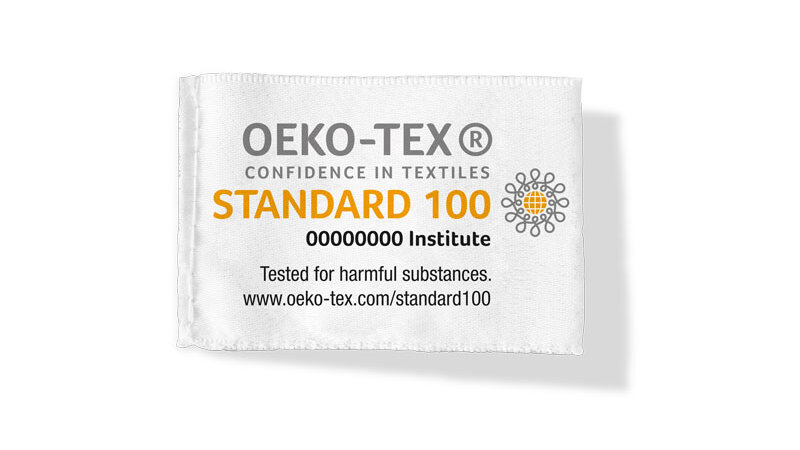
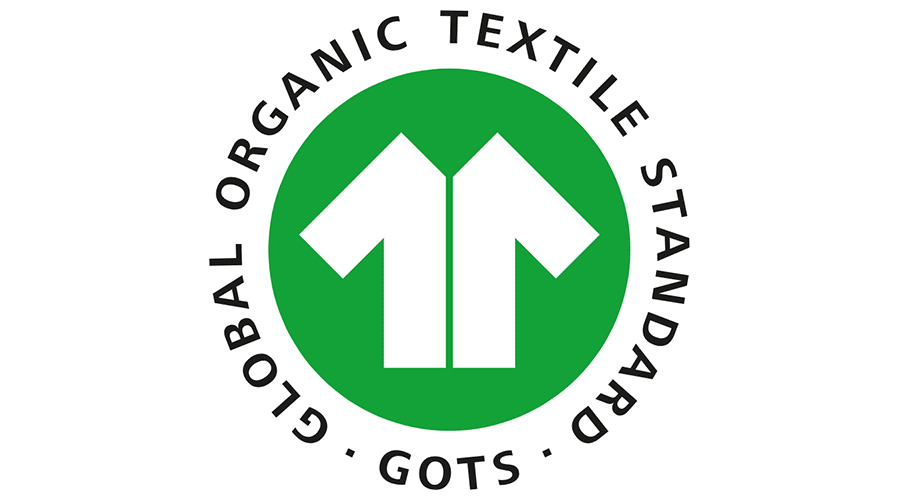
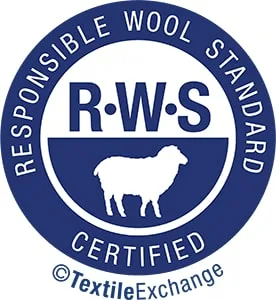
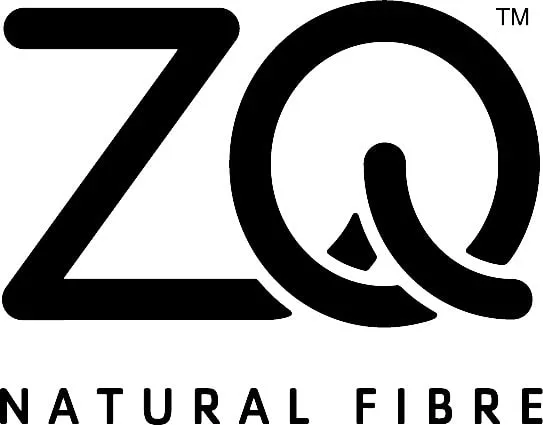
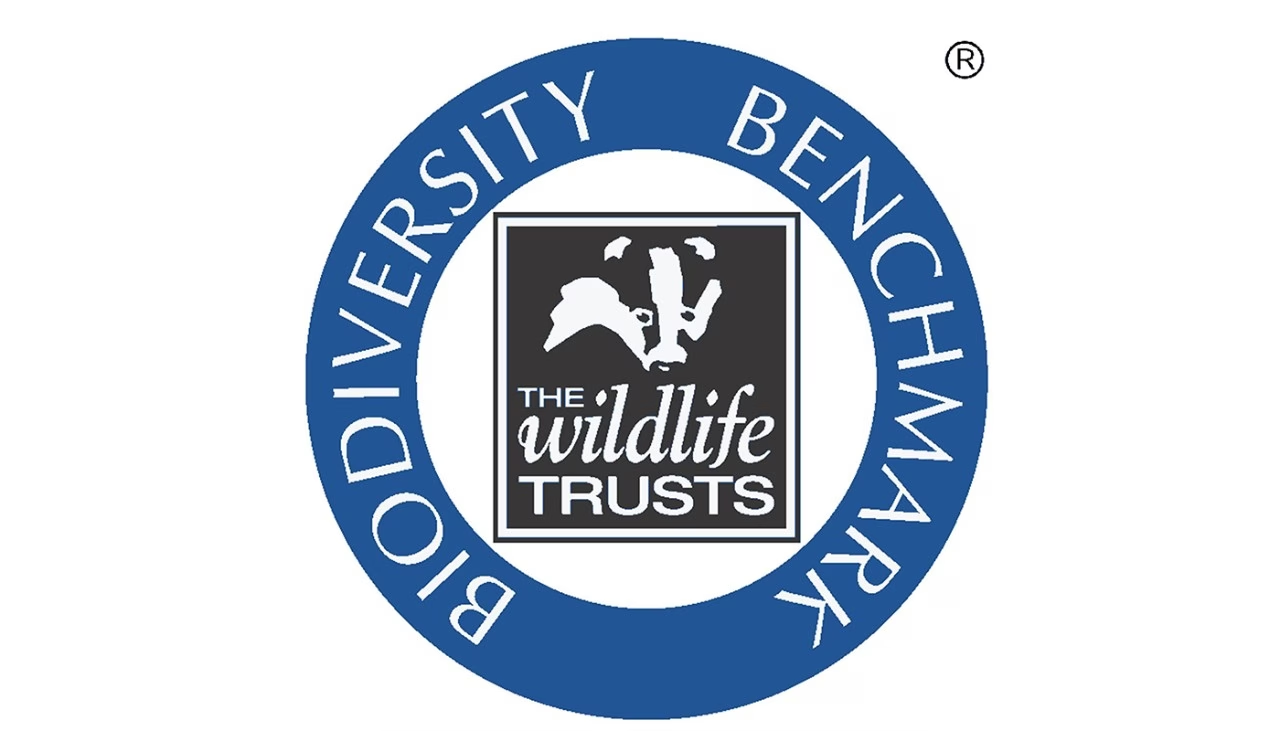
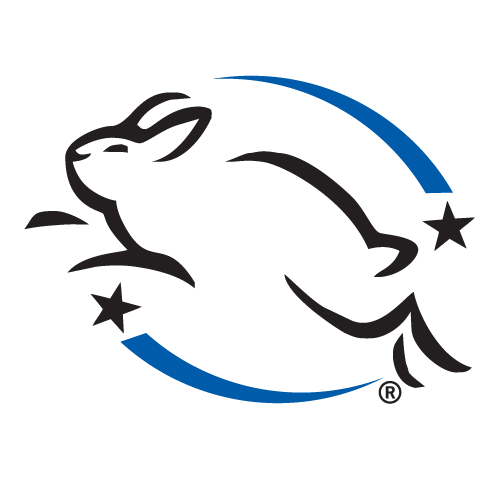
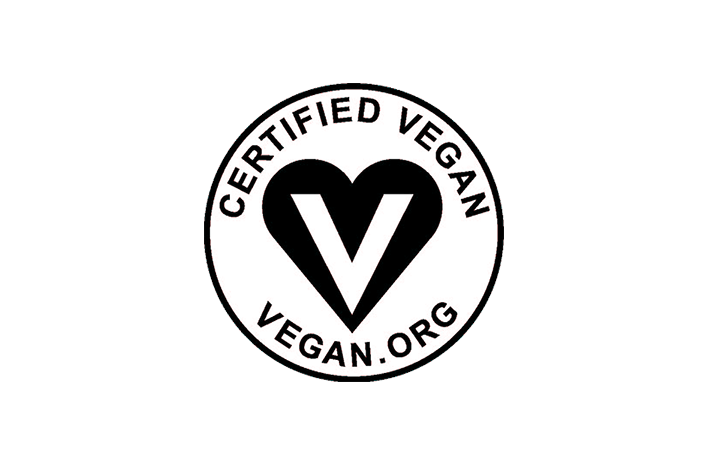
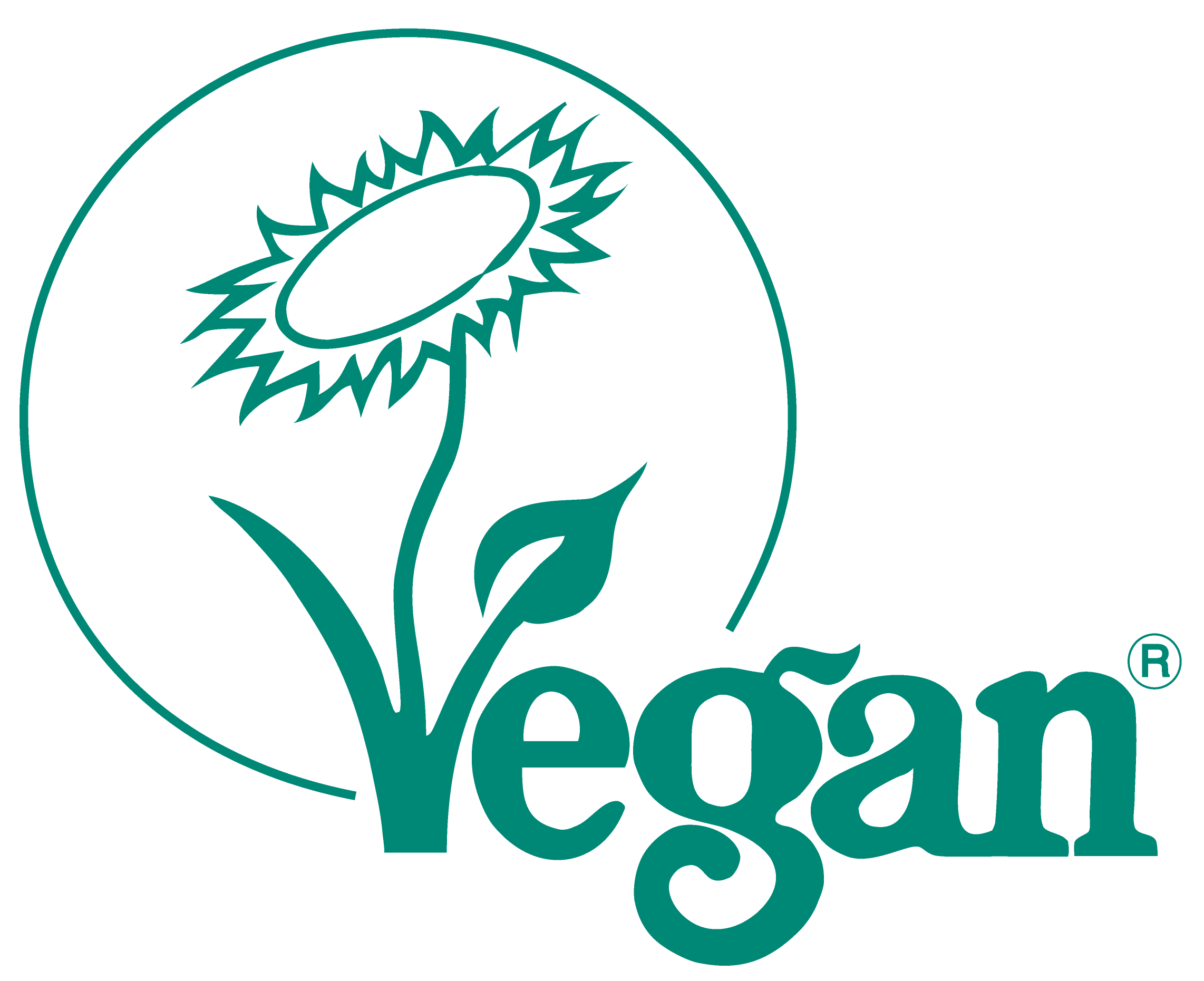
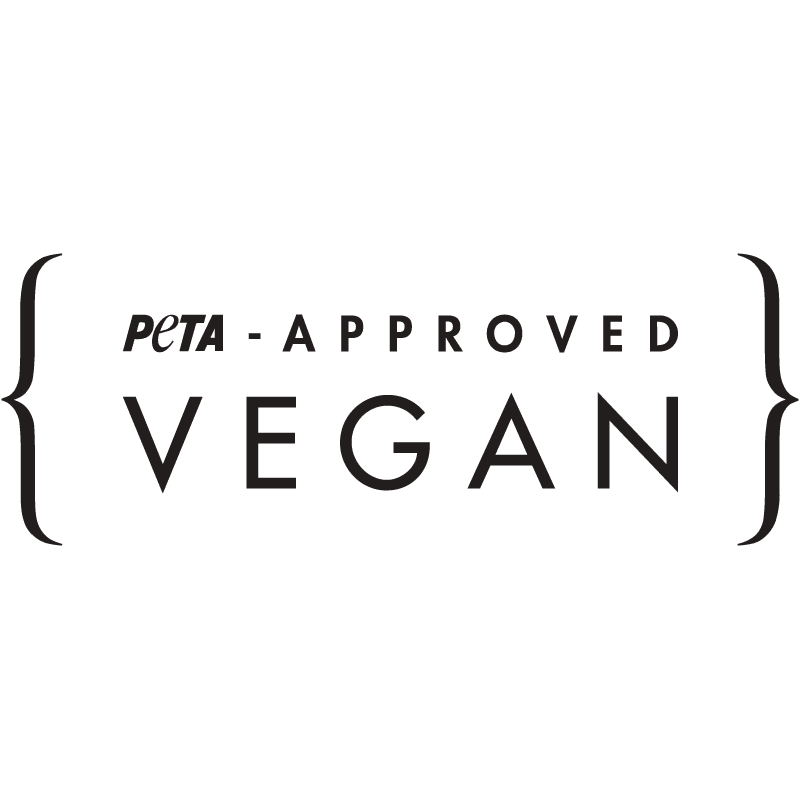
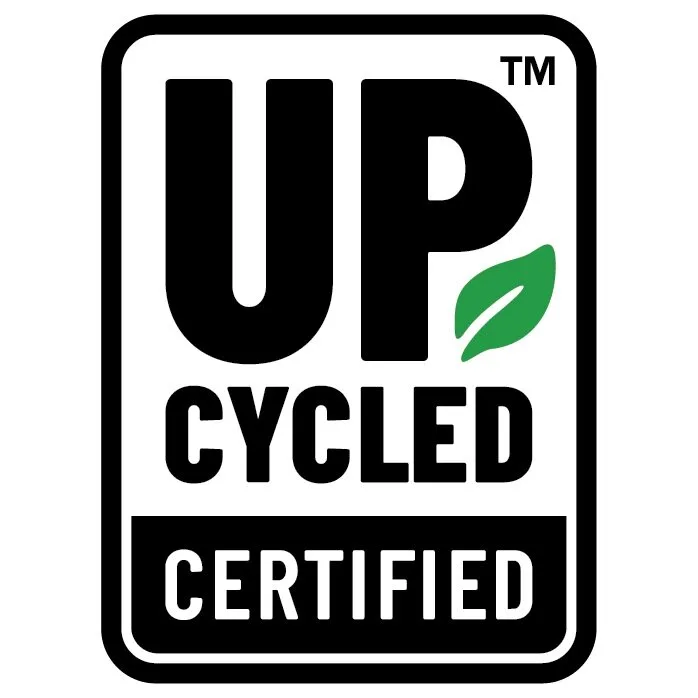
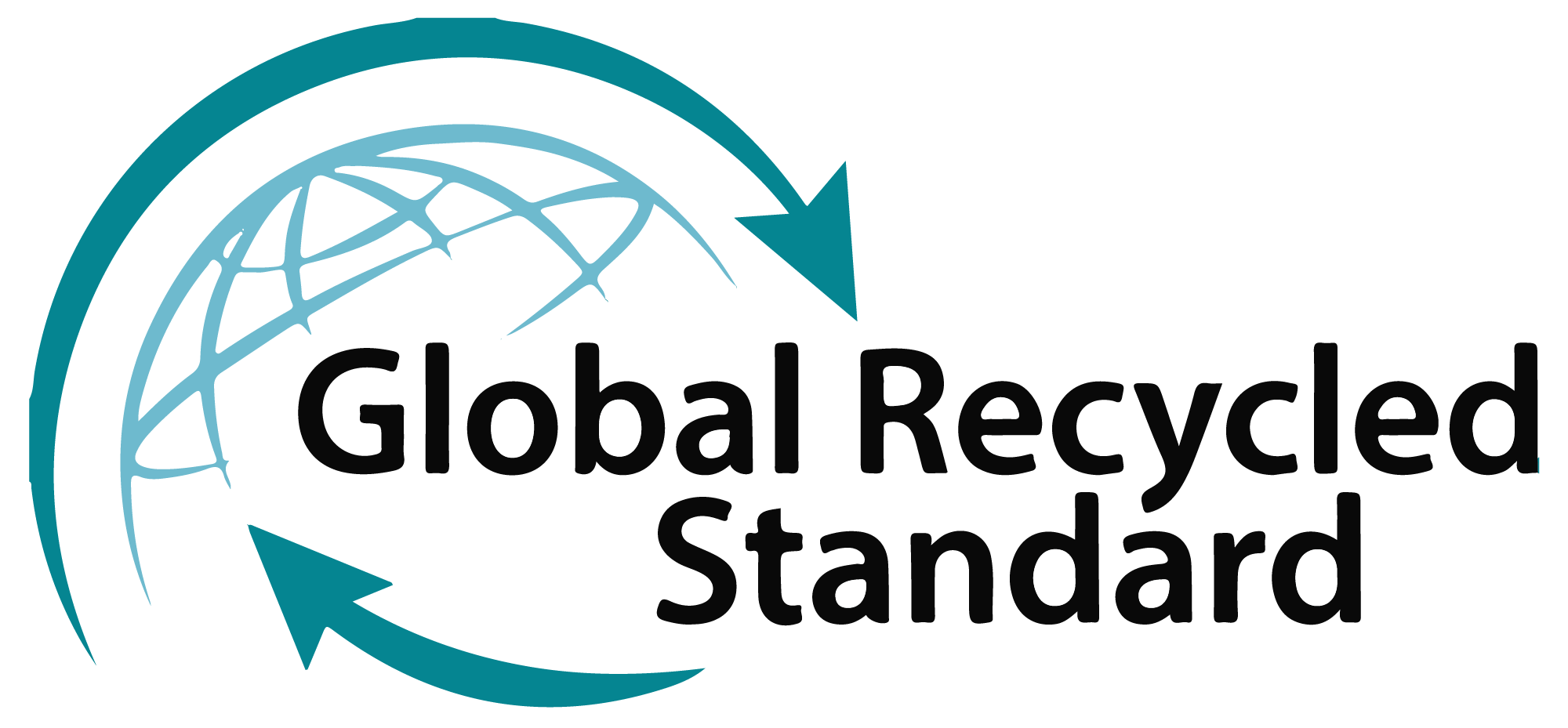
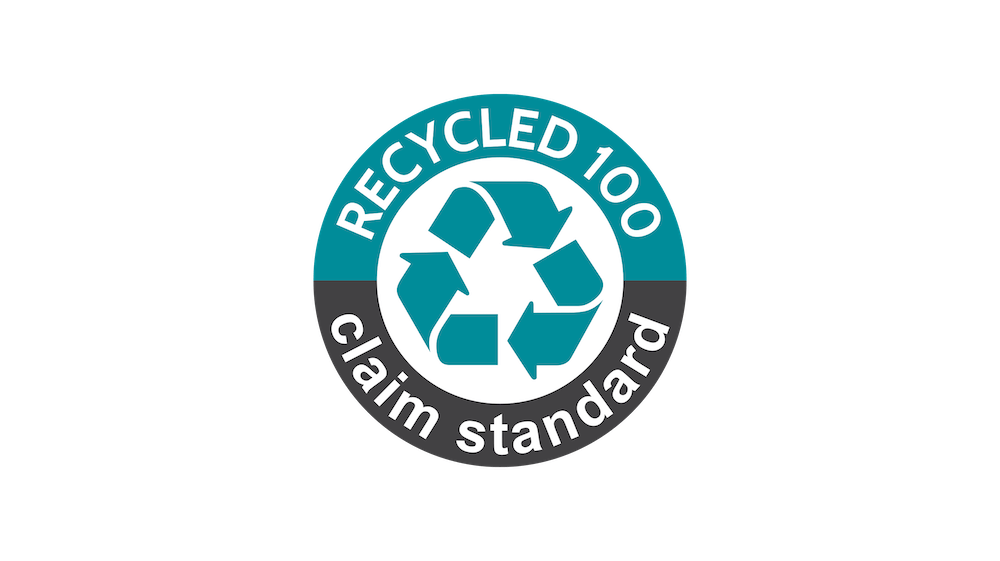
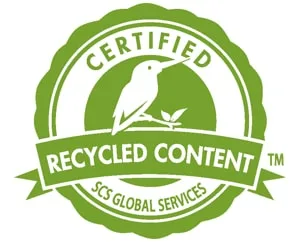
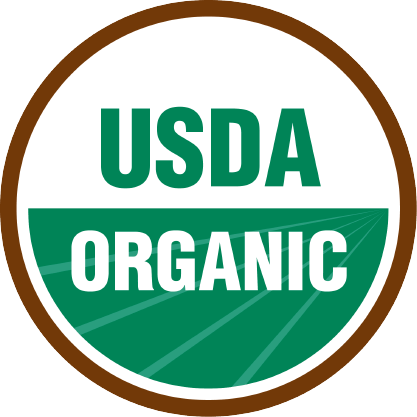
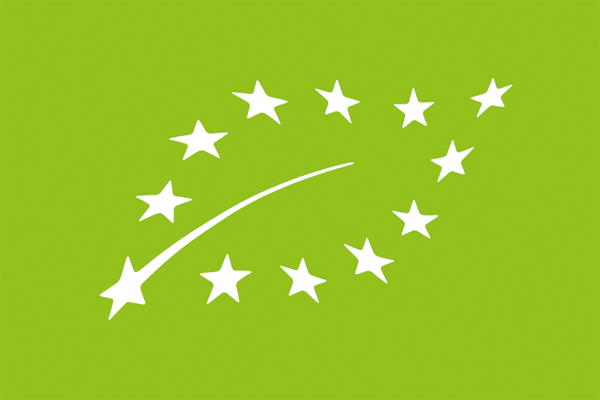
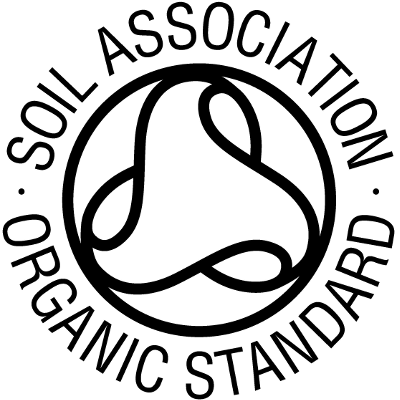
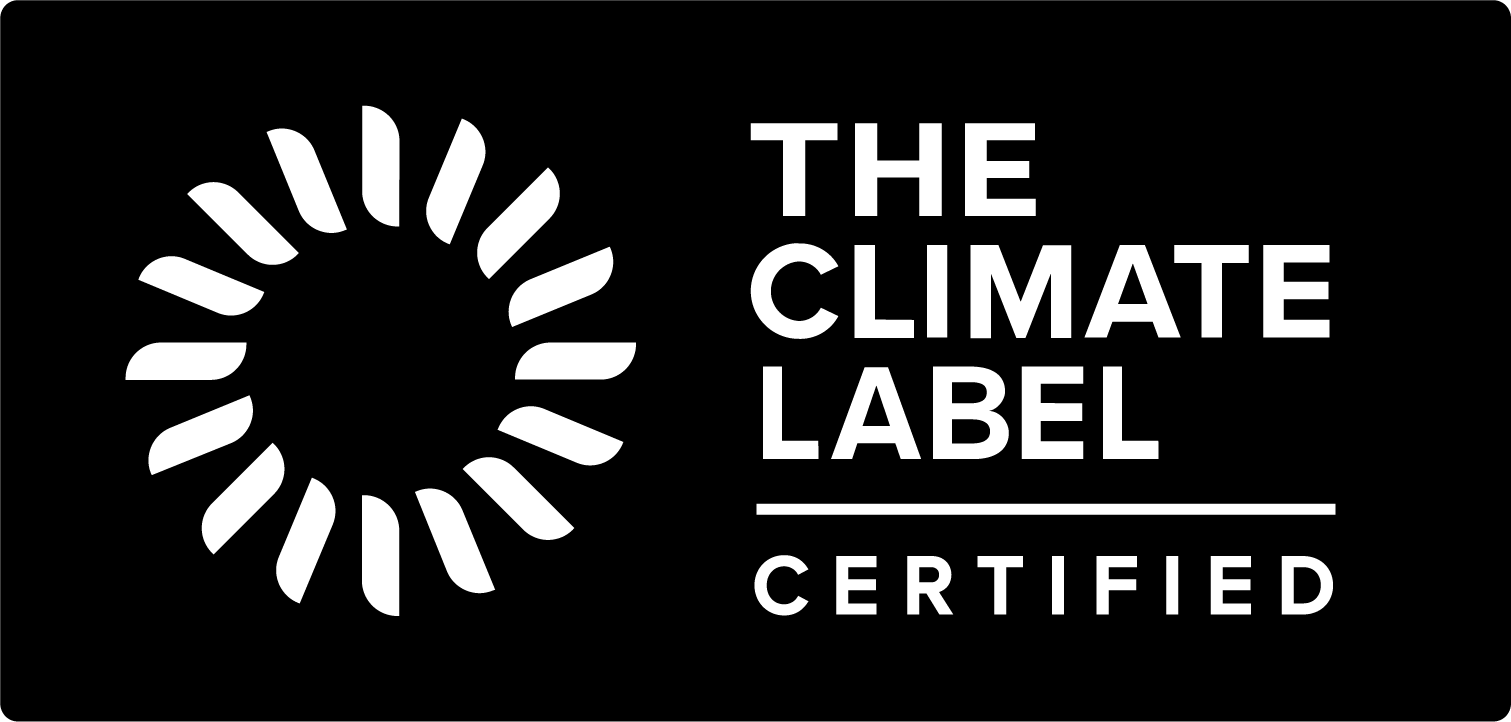
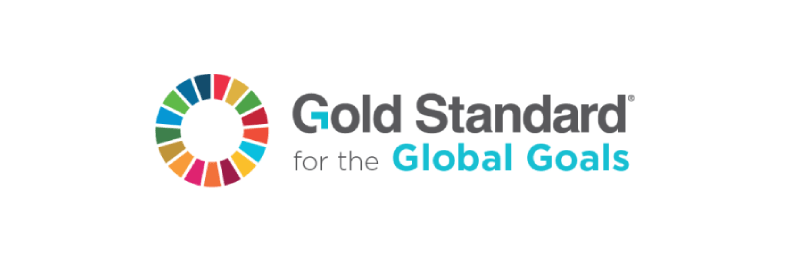
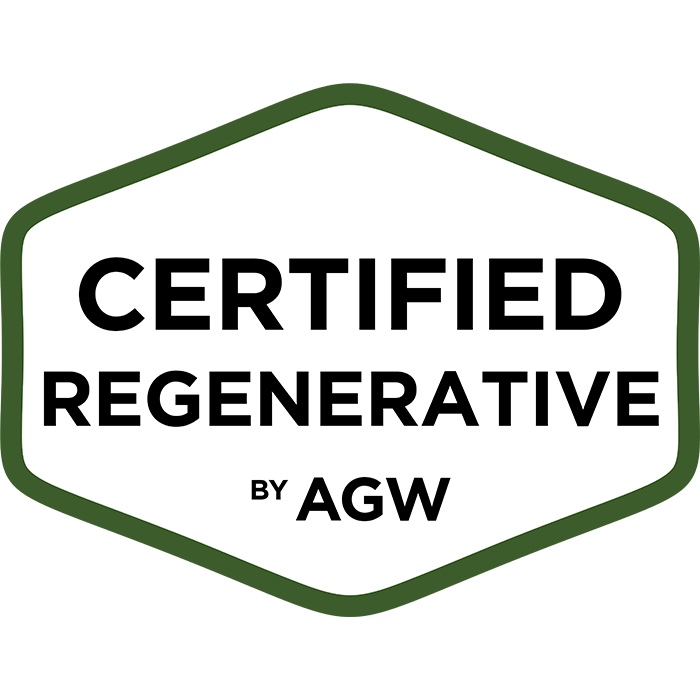
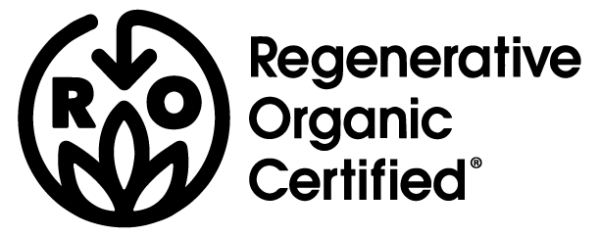
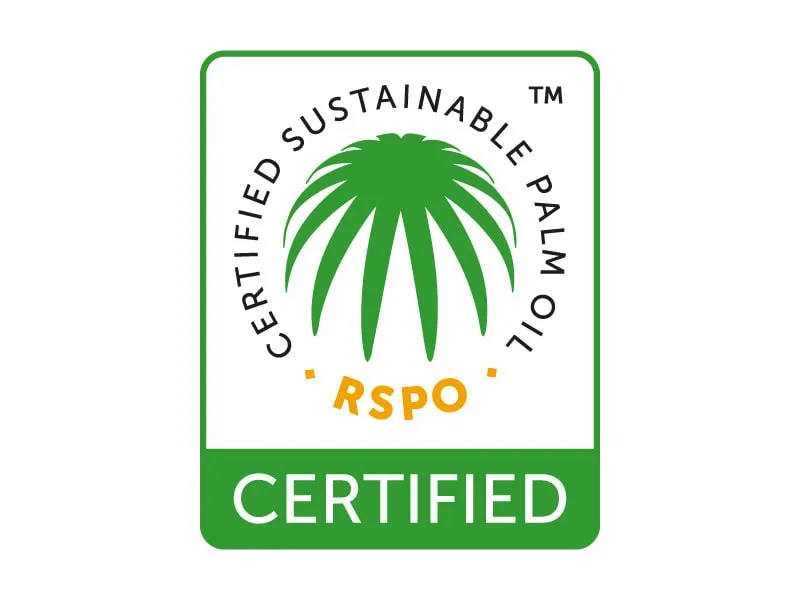
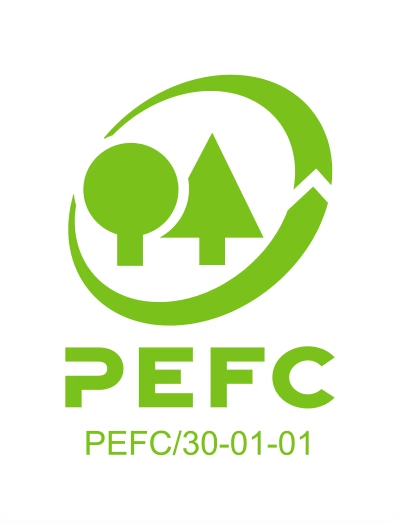

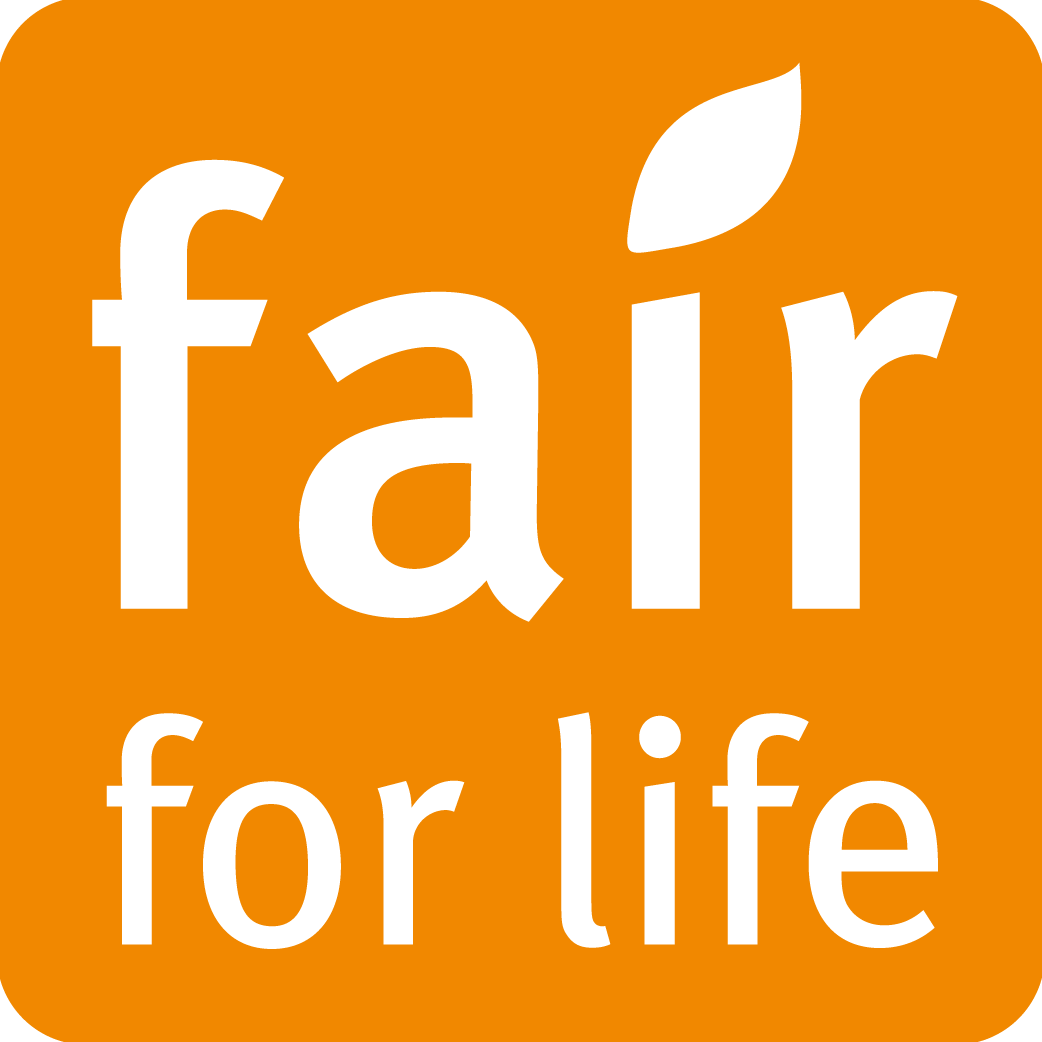
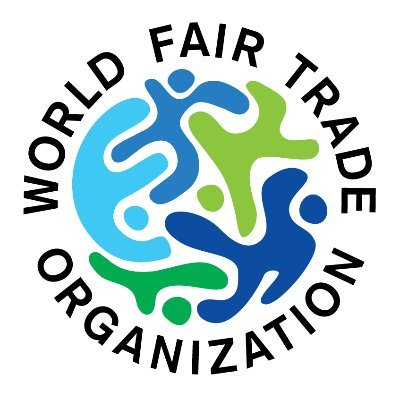
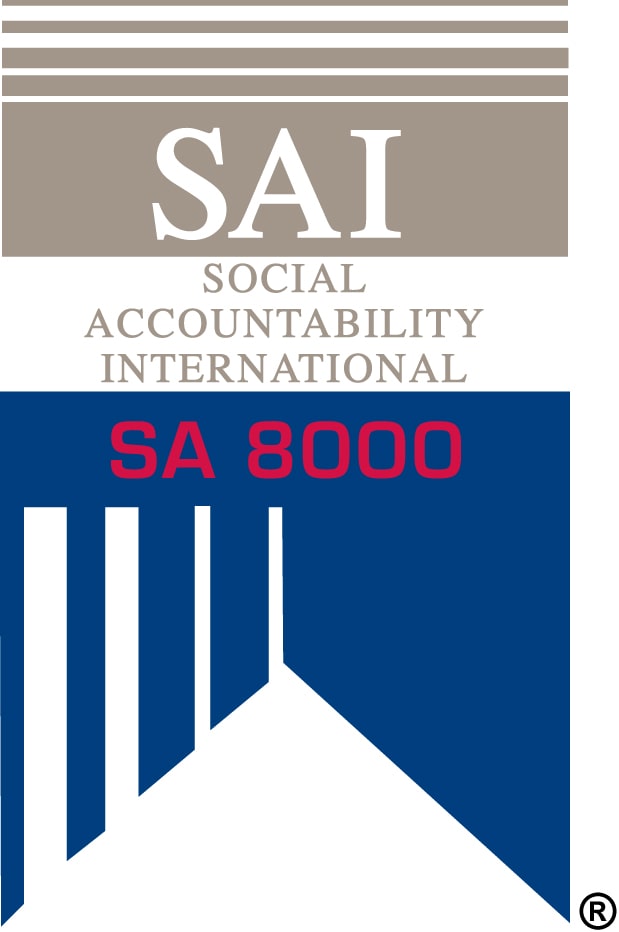
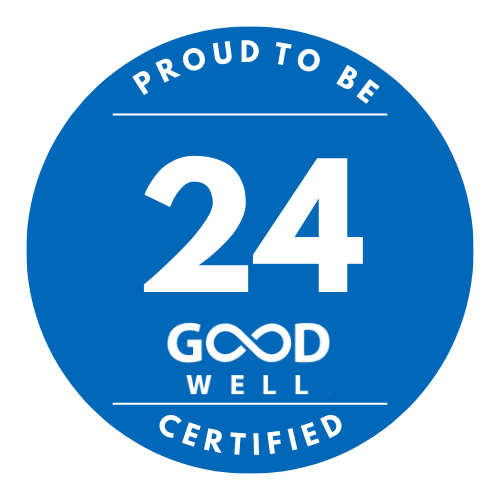
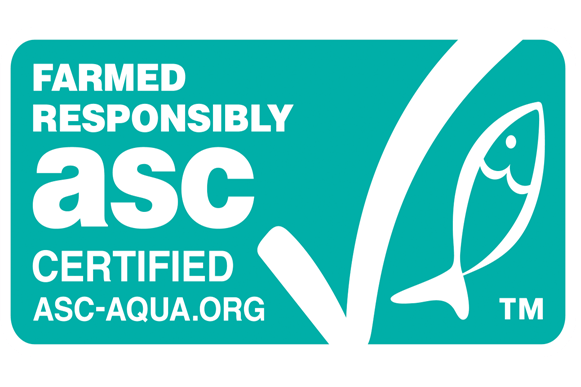
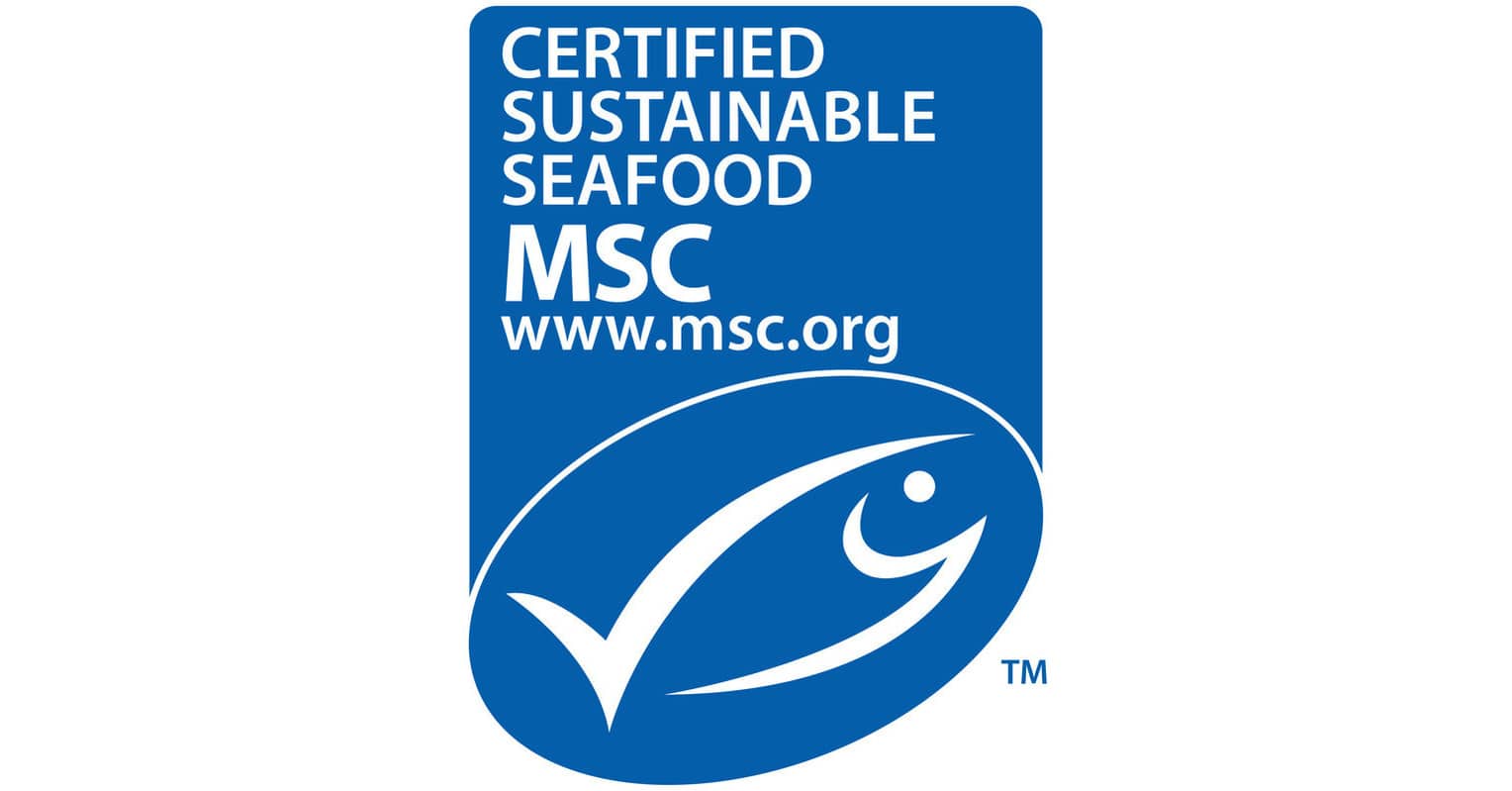
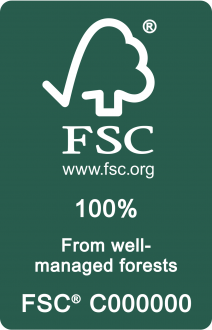
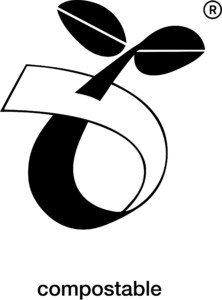
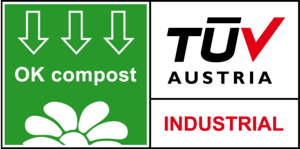
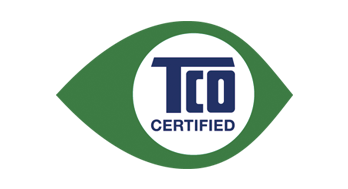
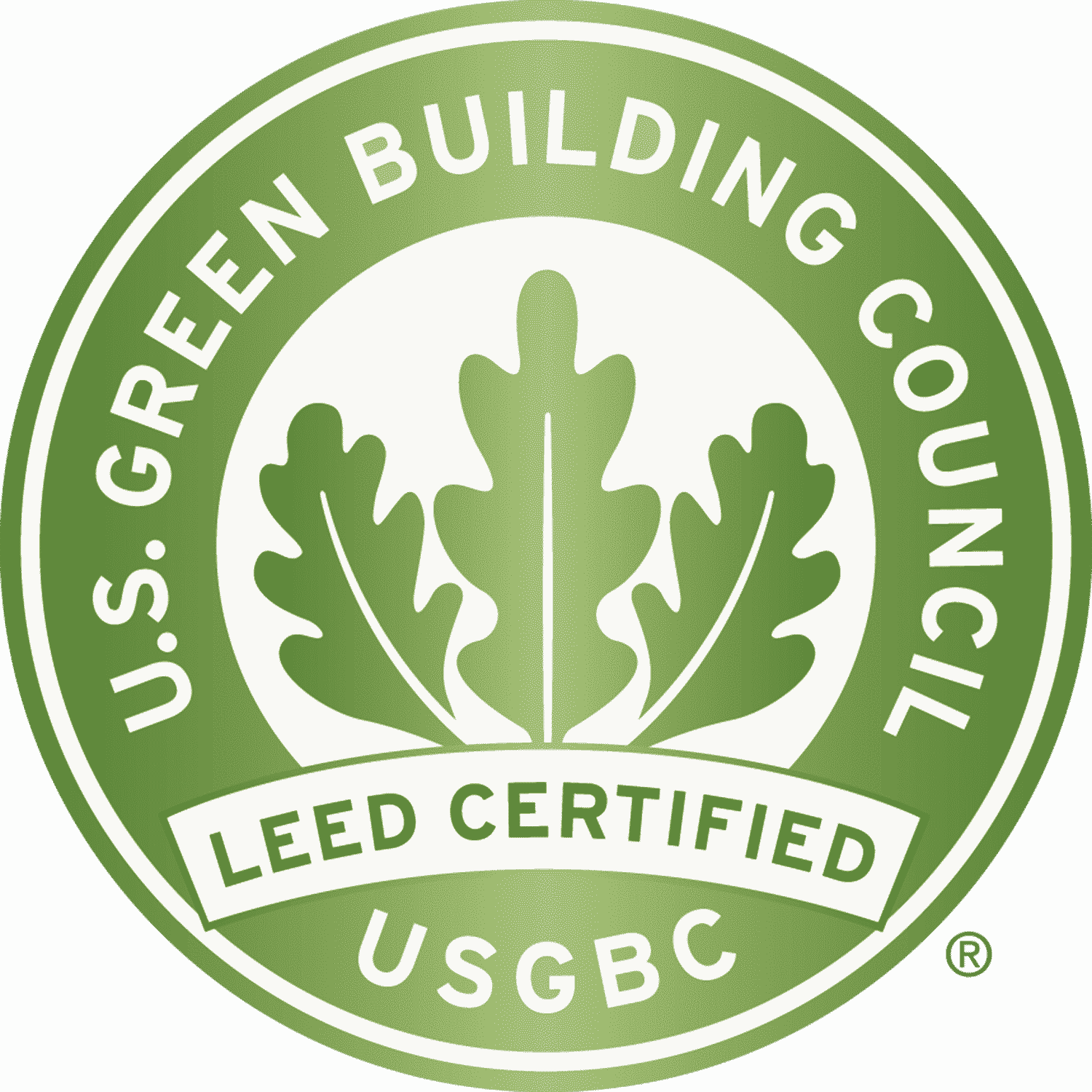
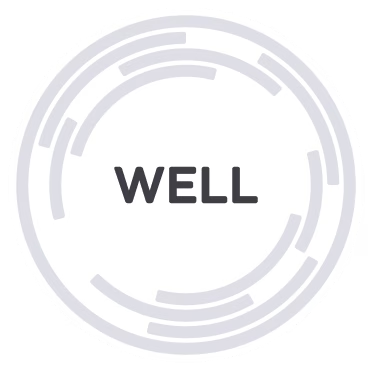

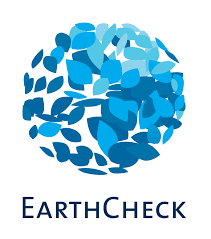
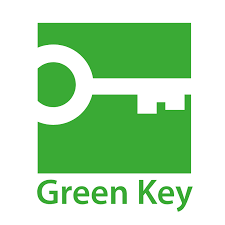
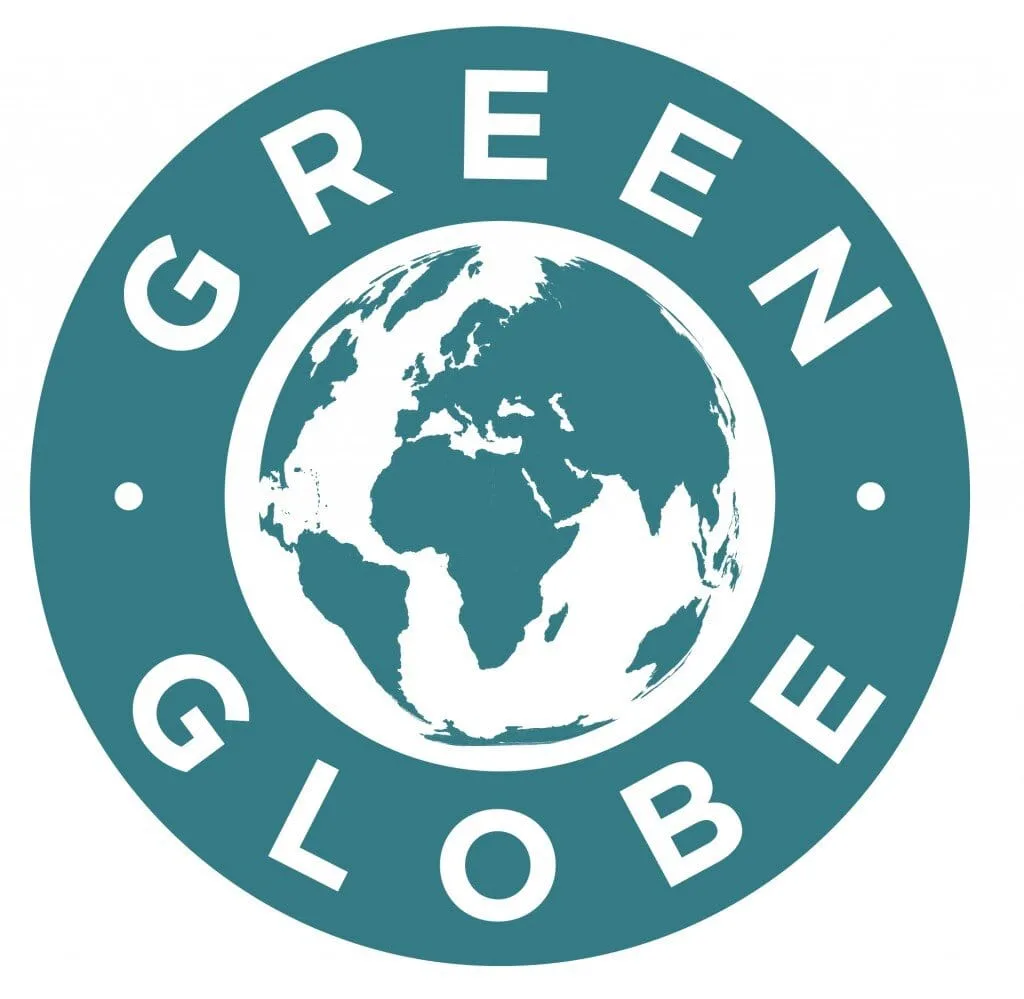
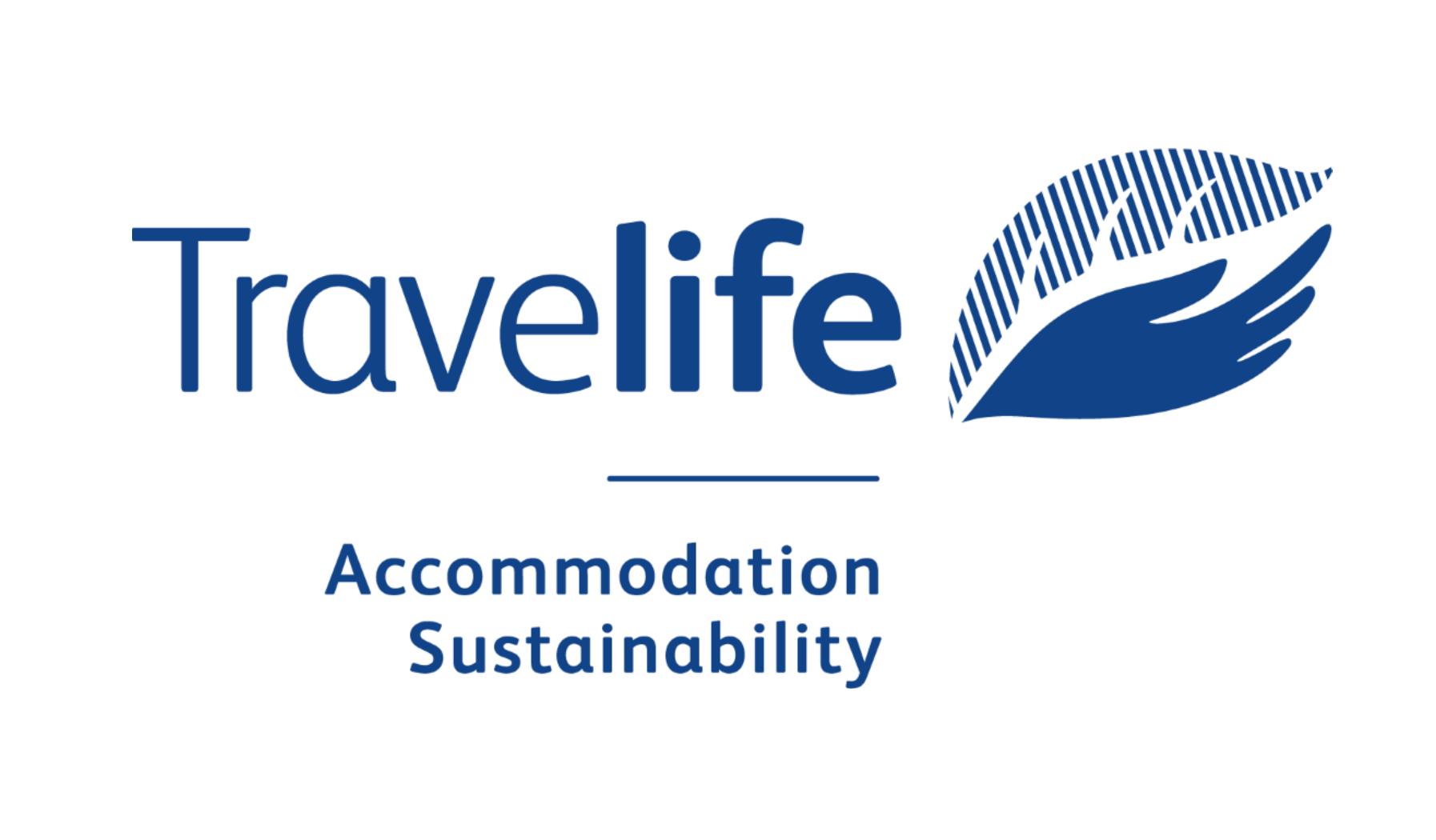
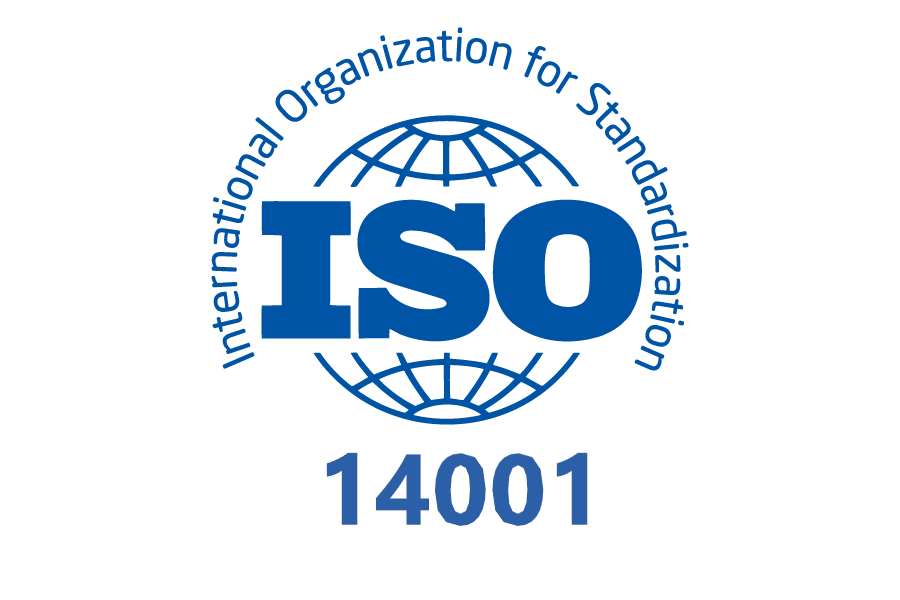
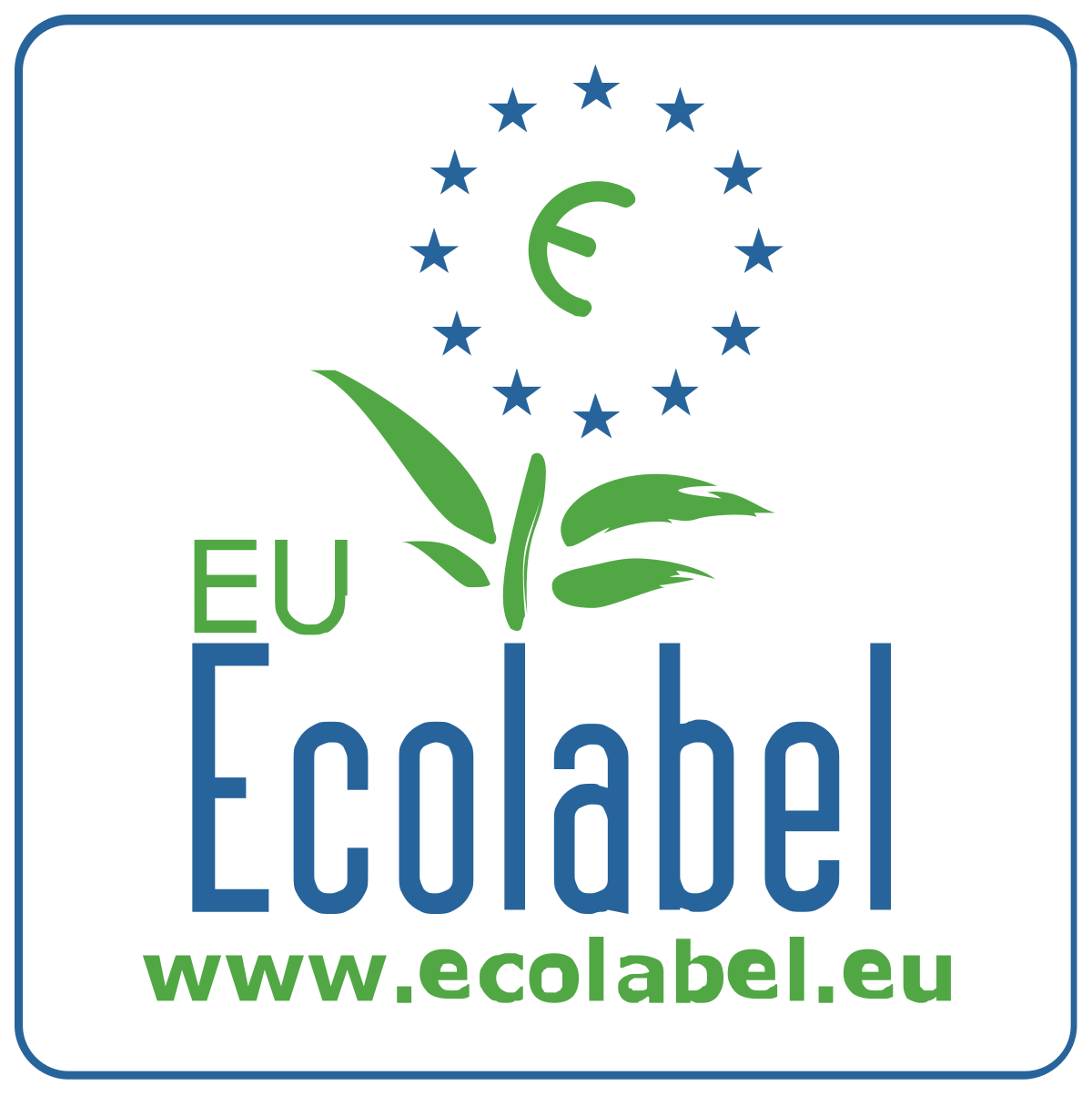
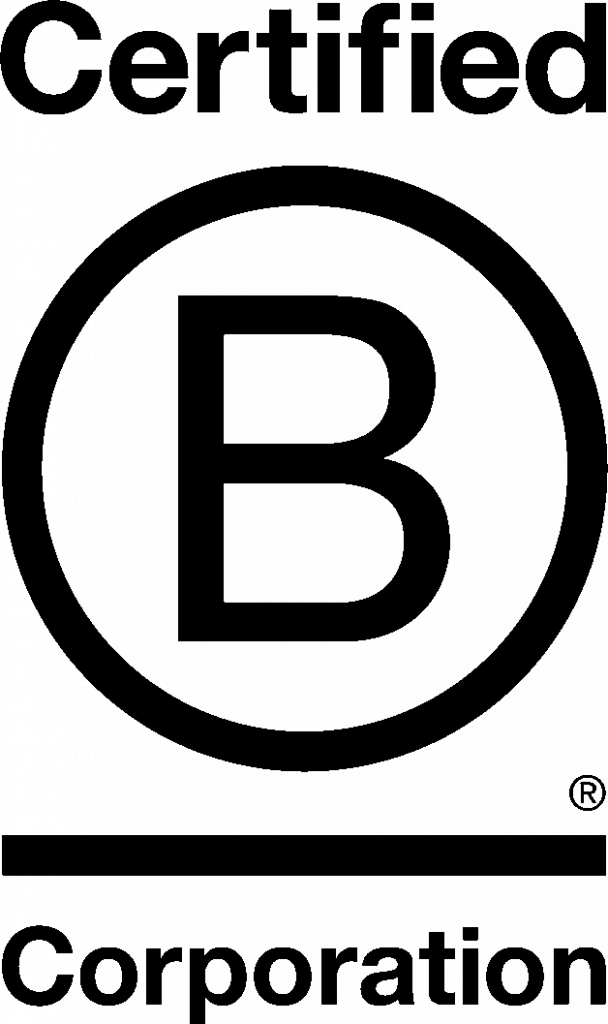
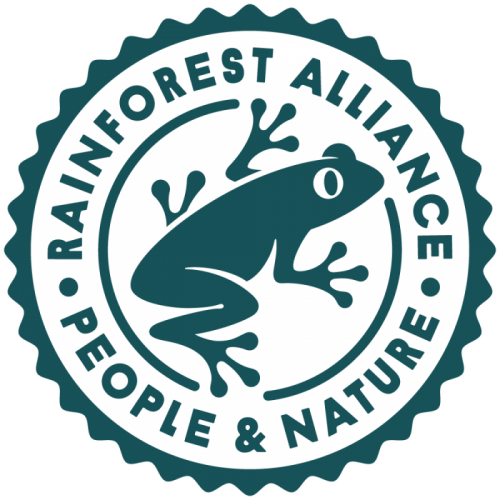
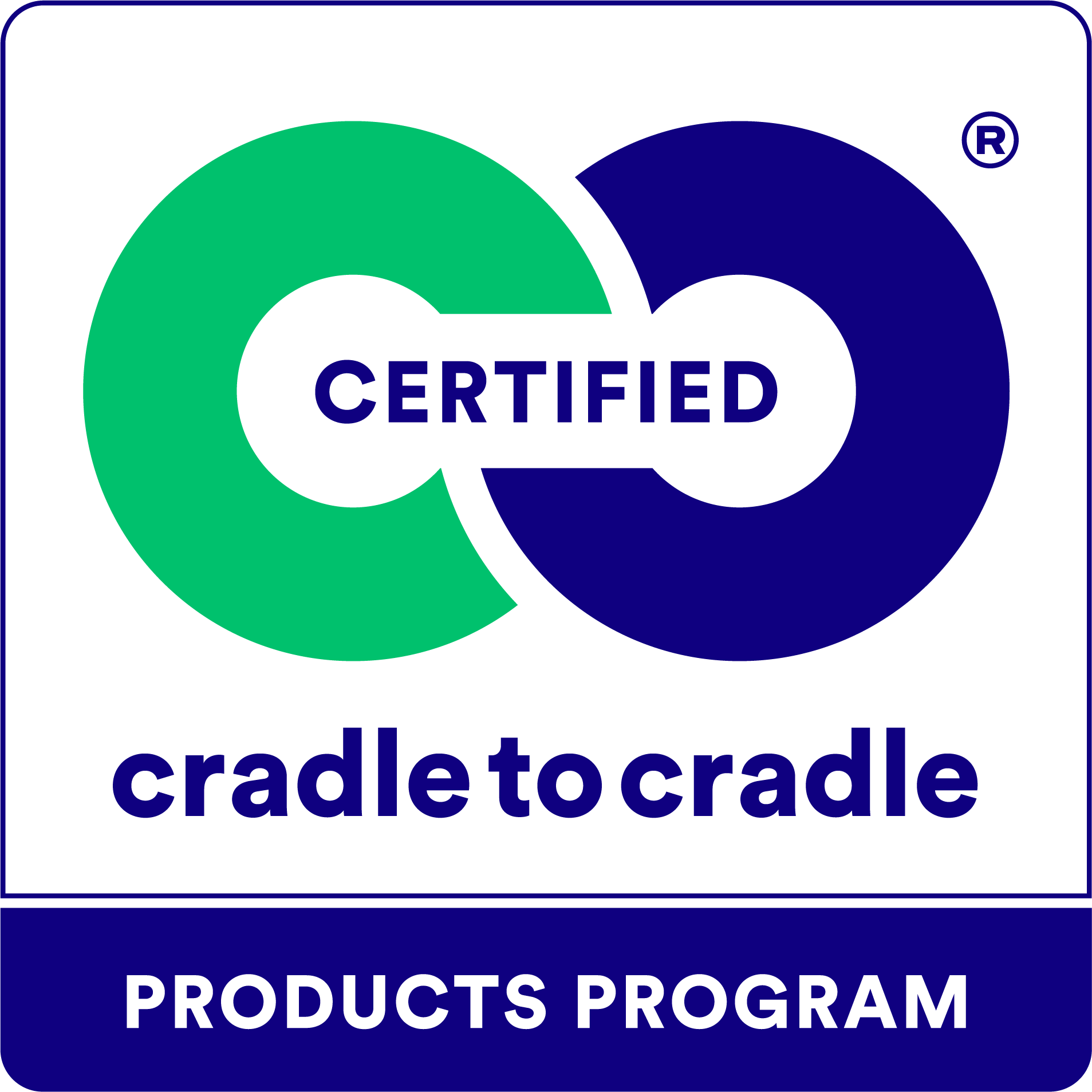
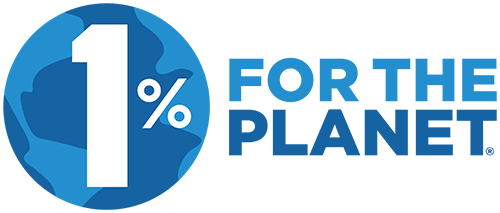
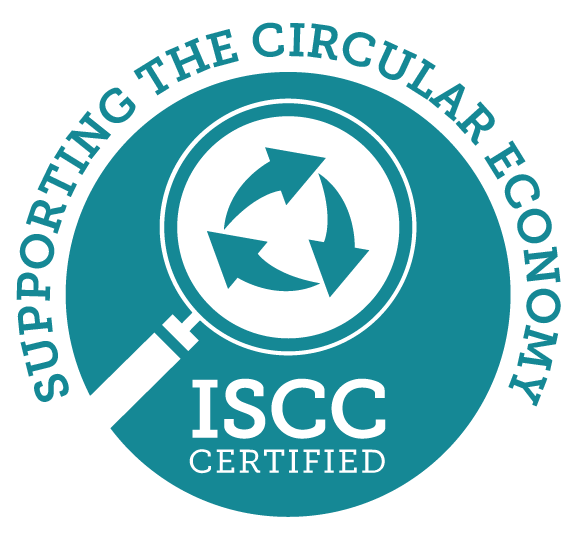
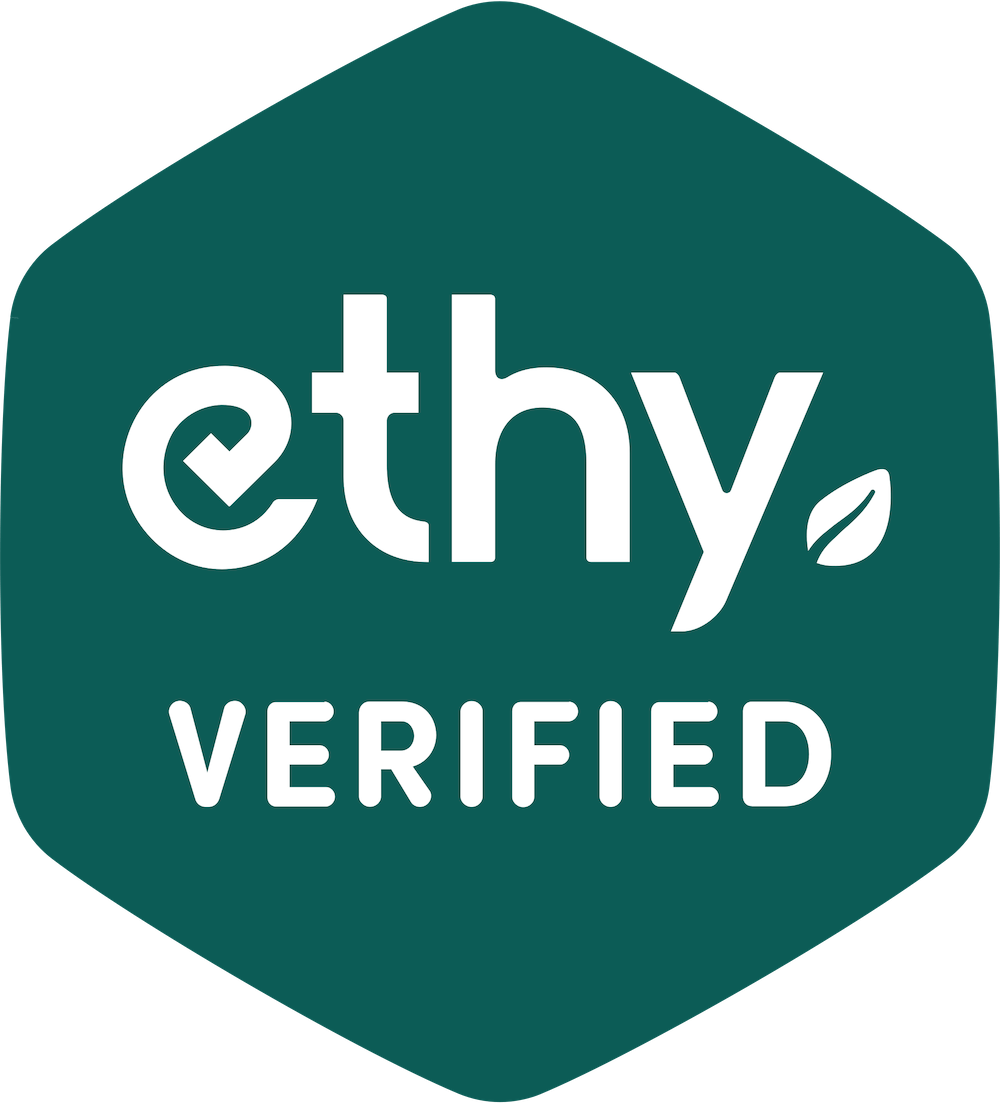


Leave a Reply